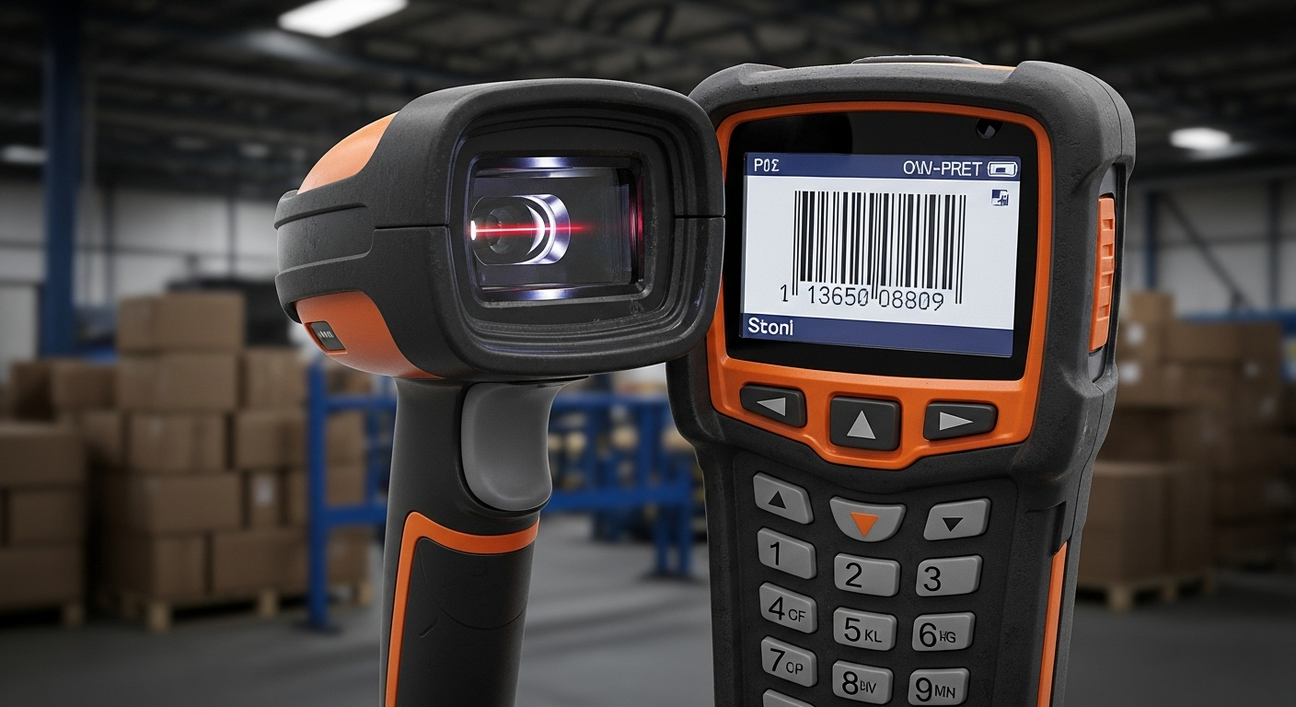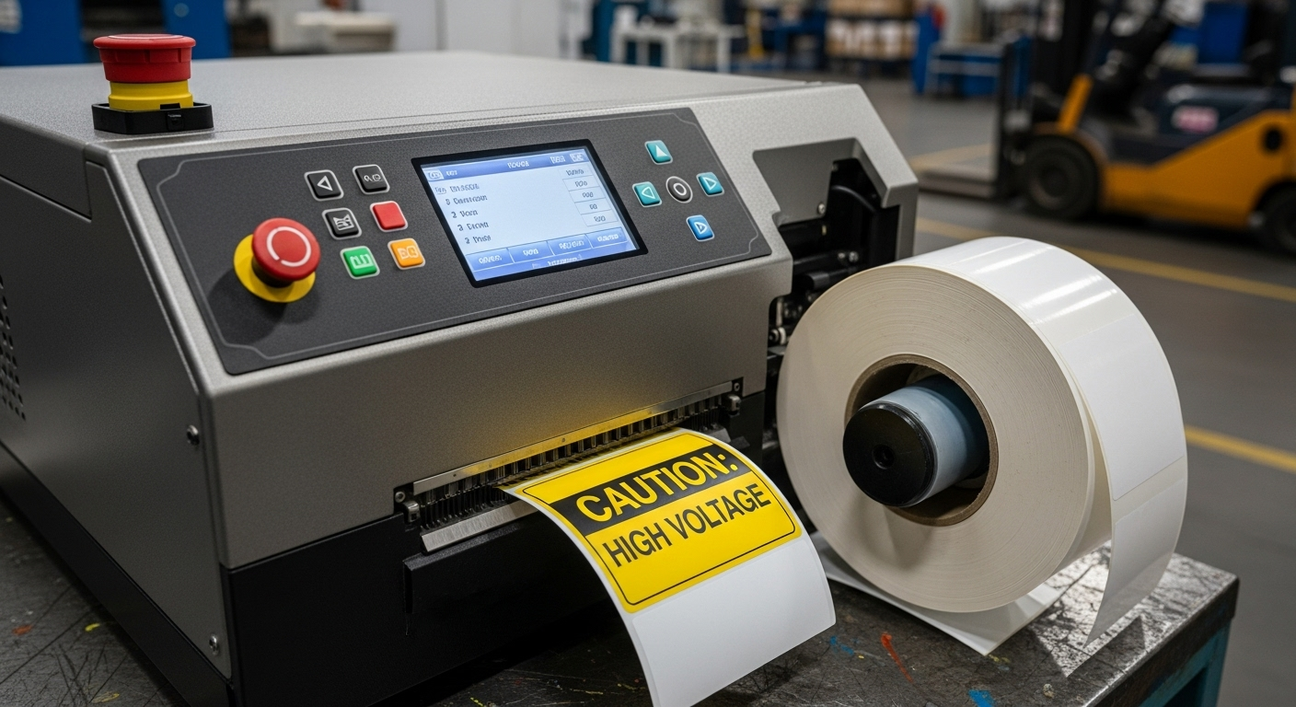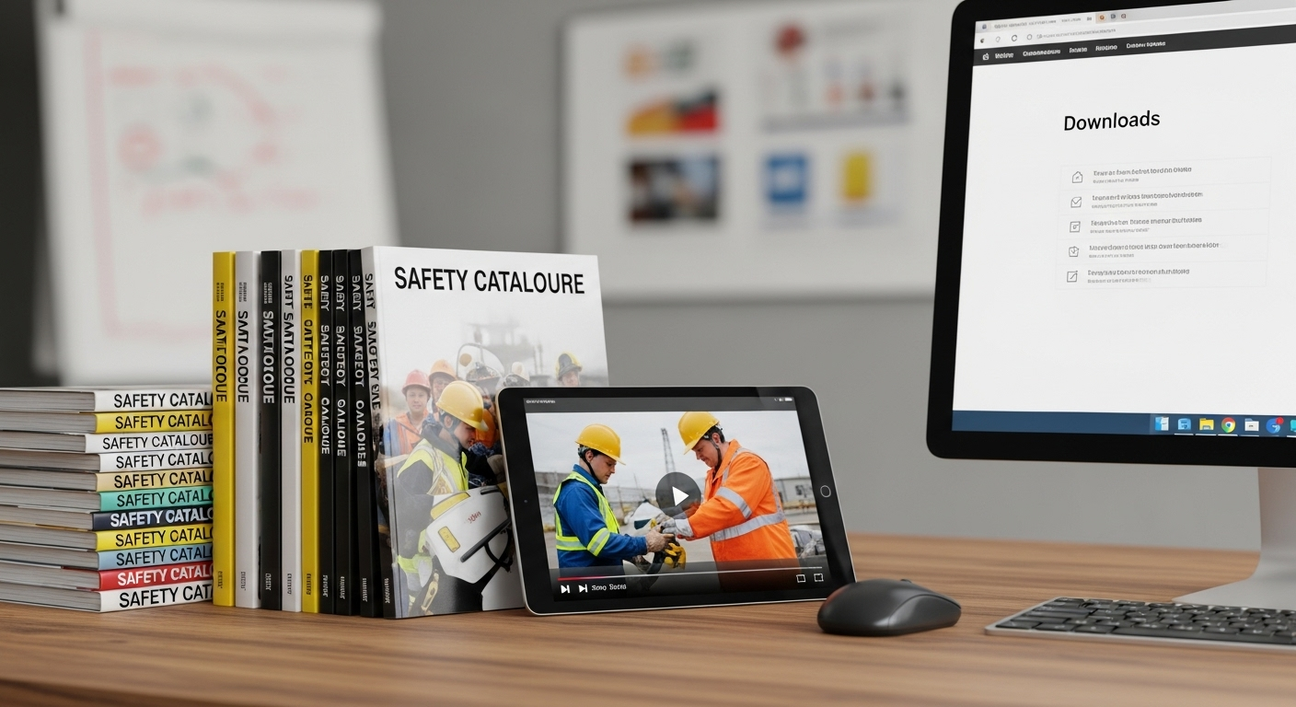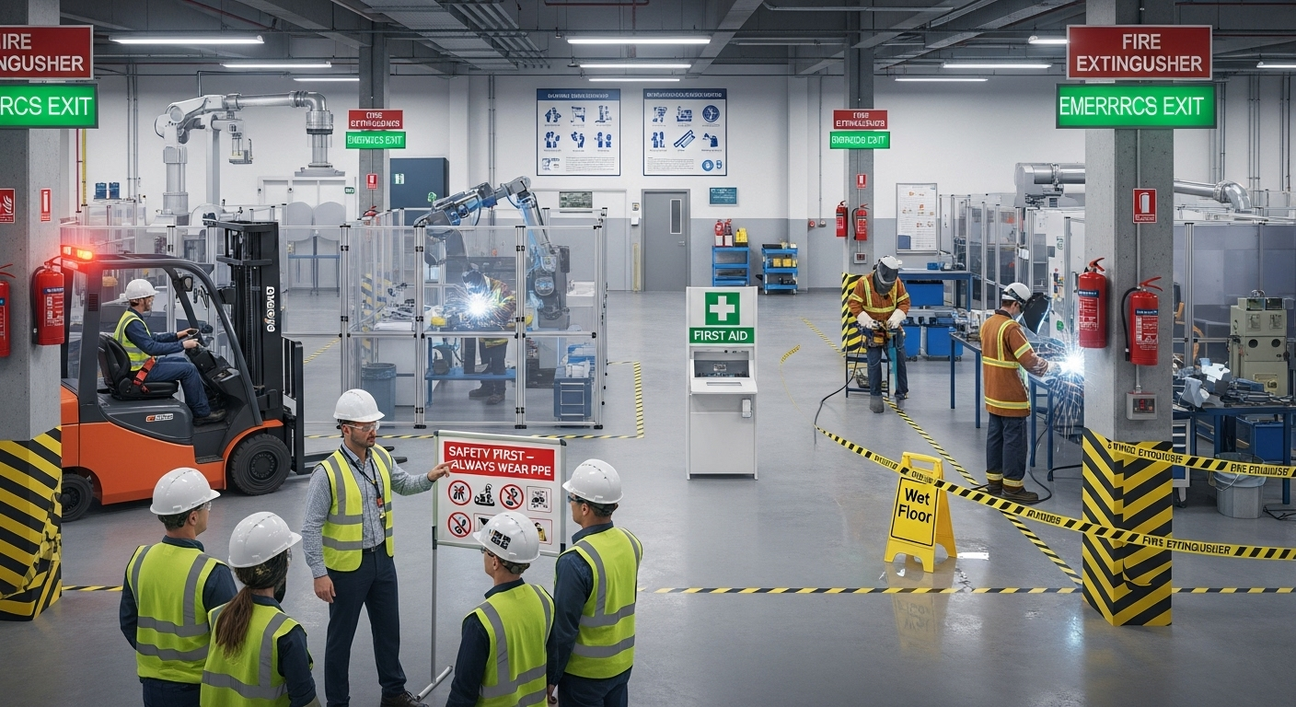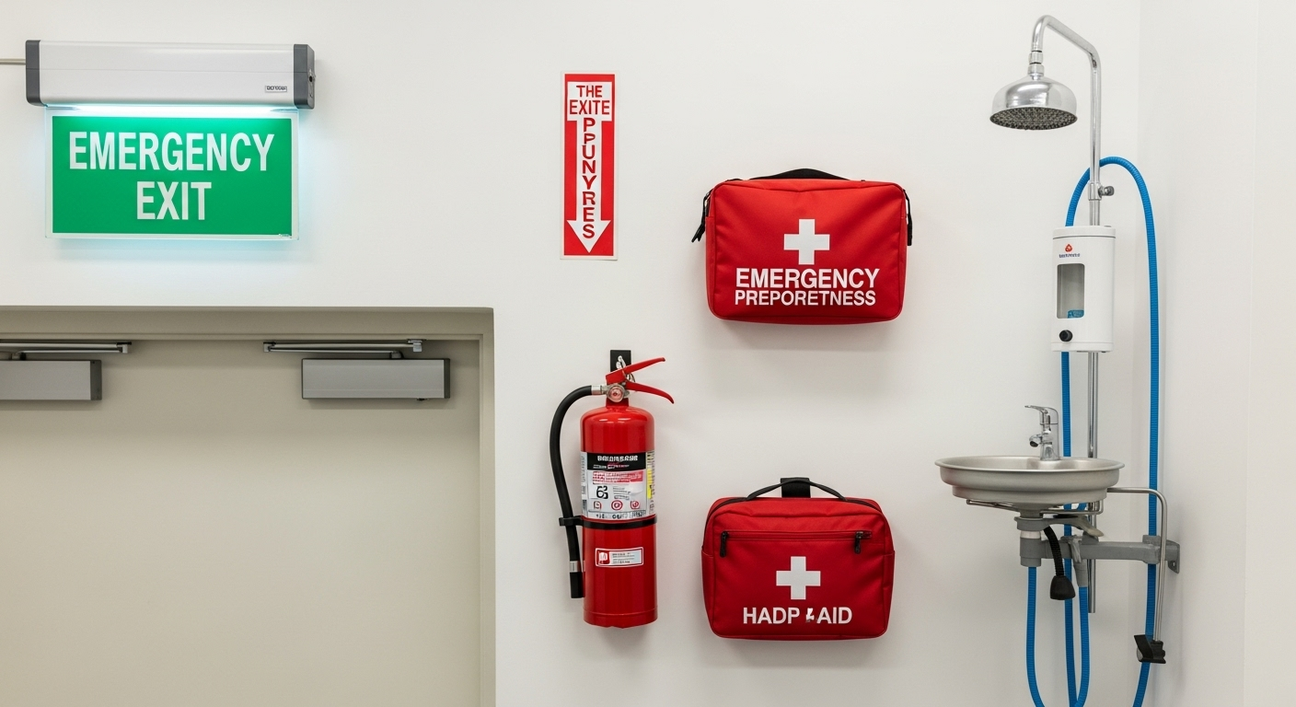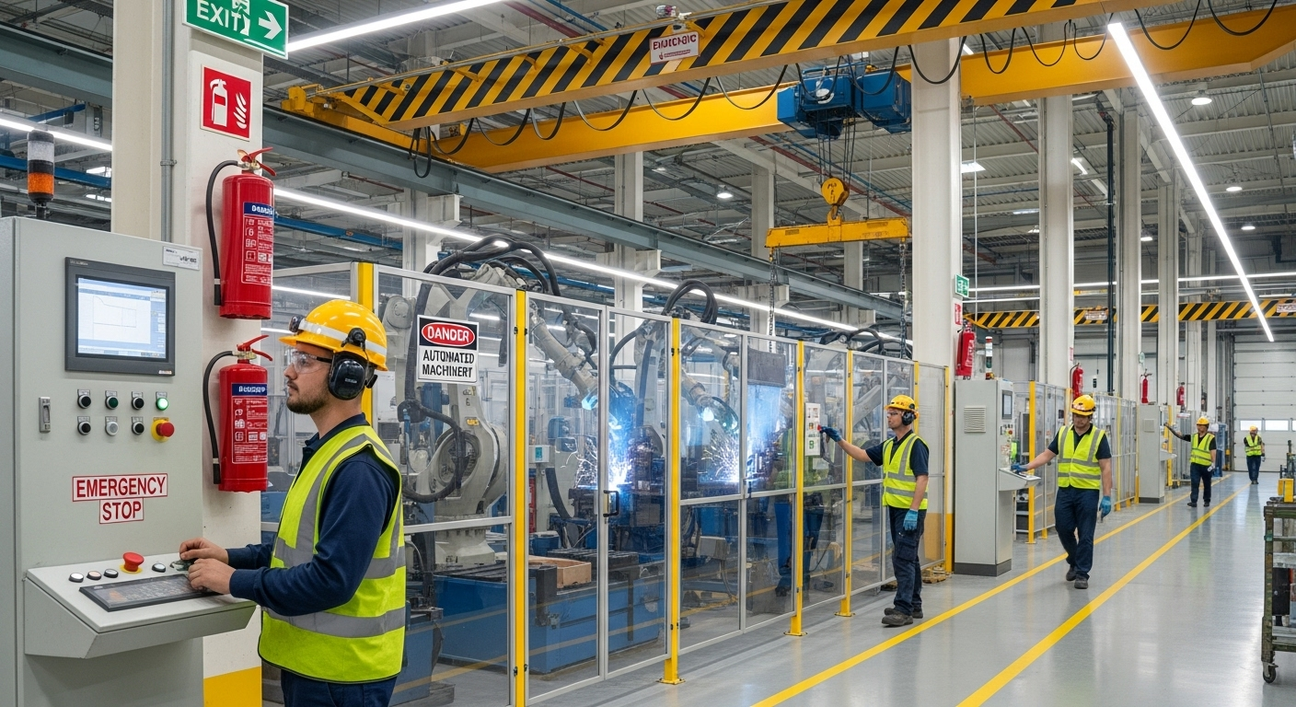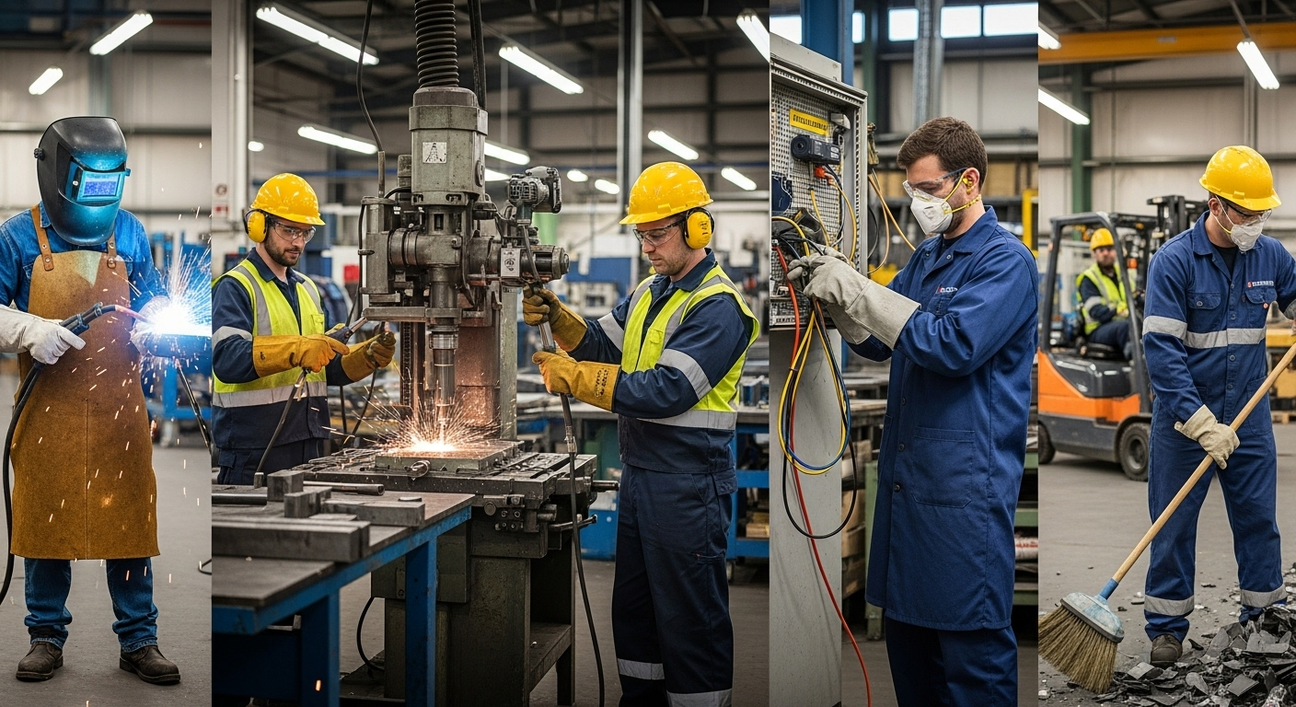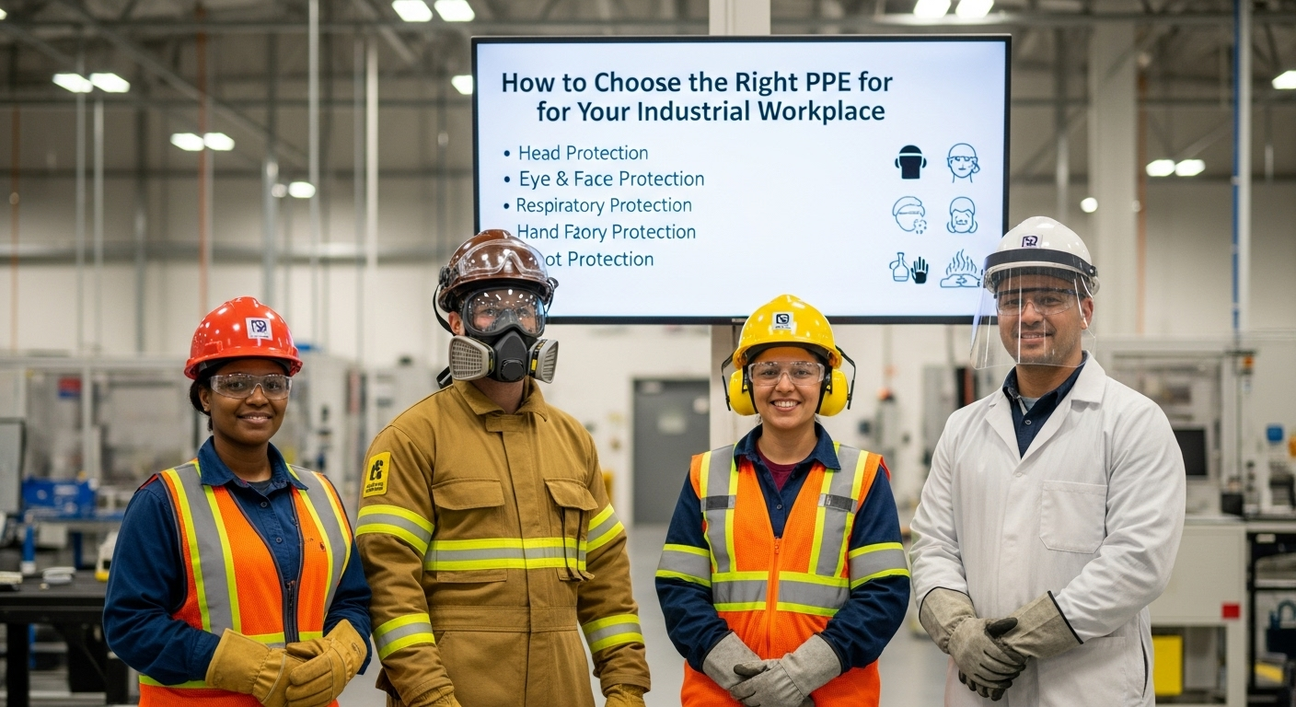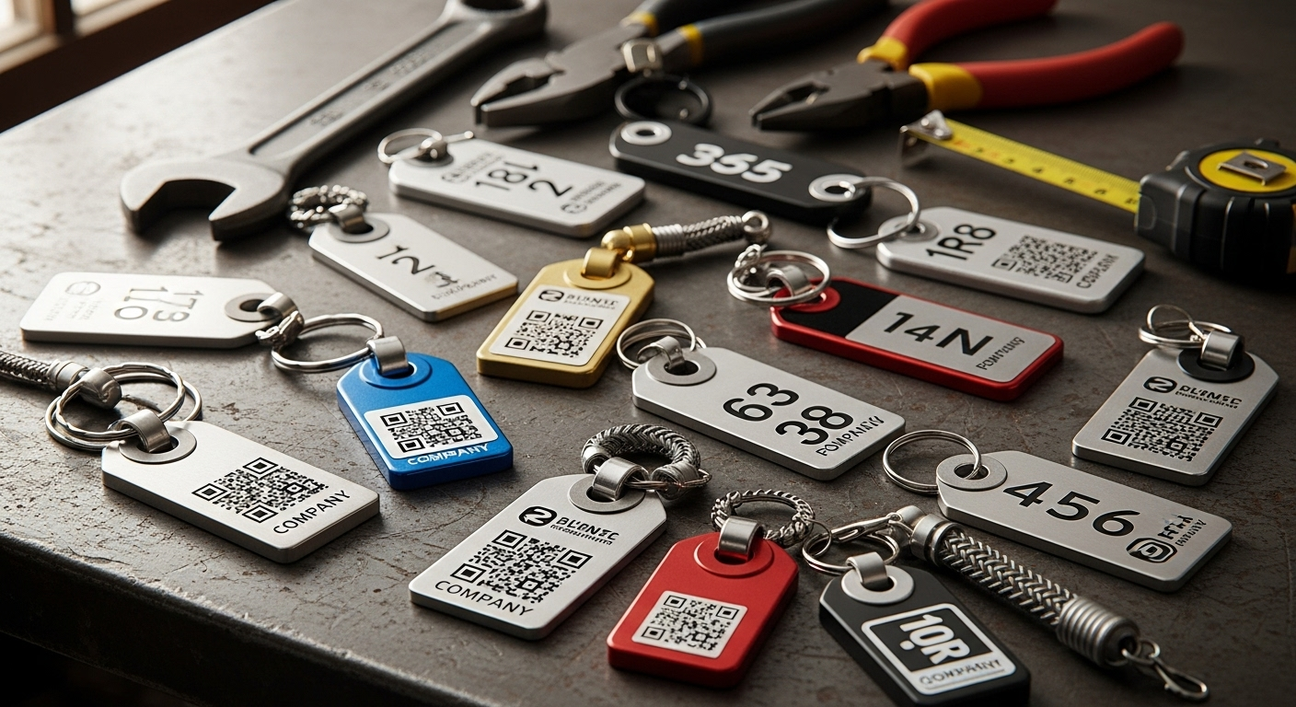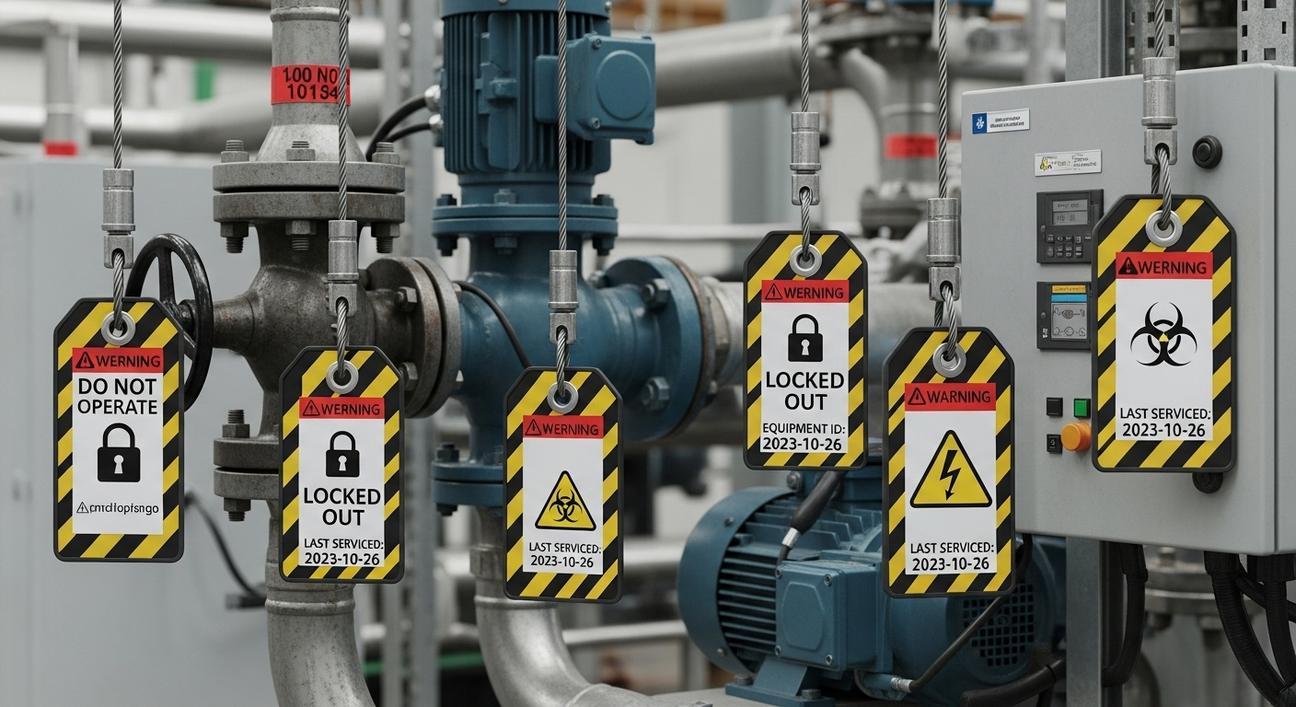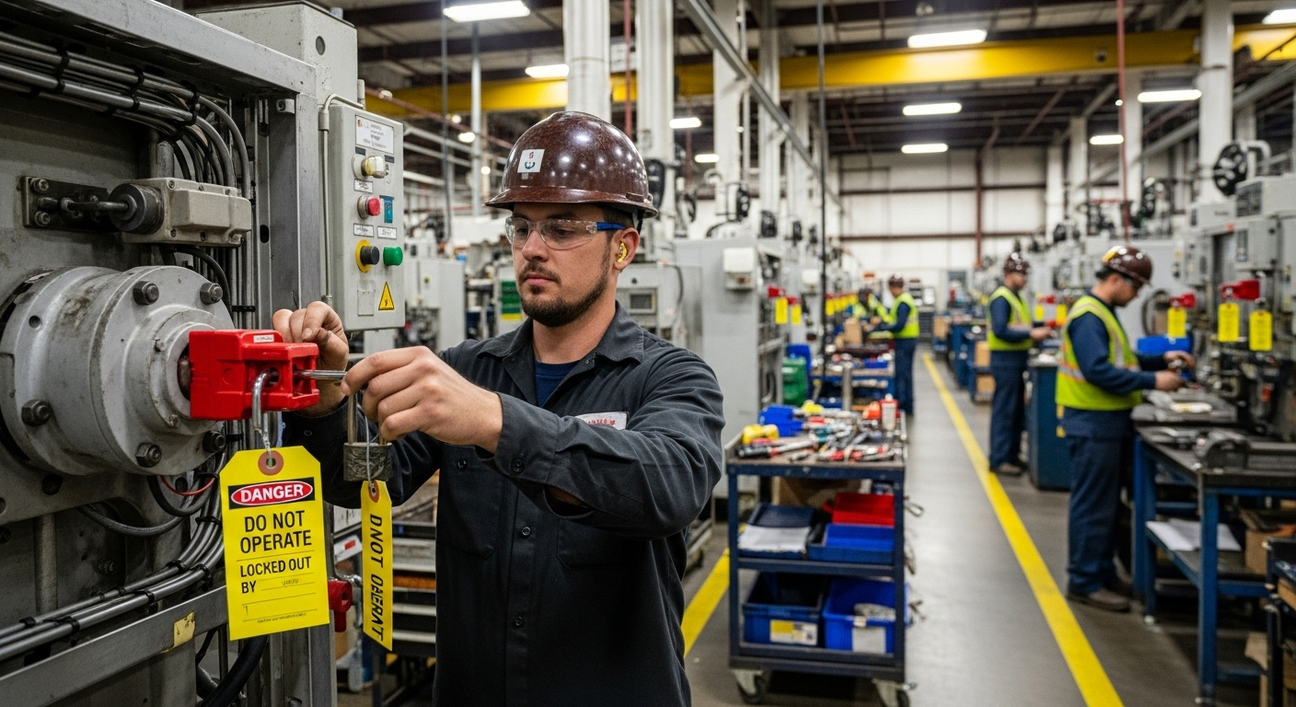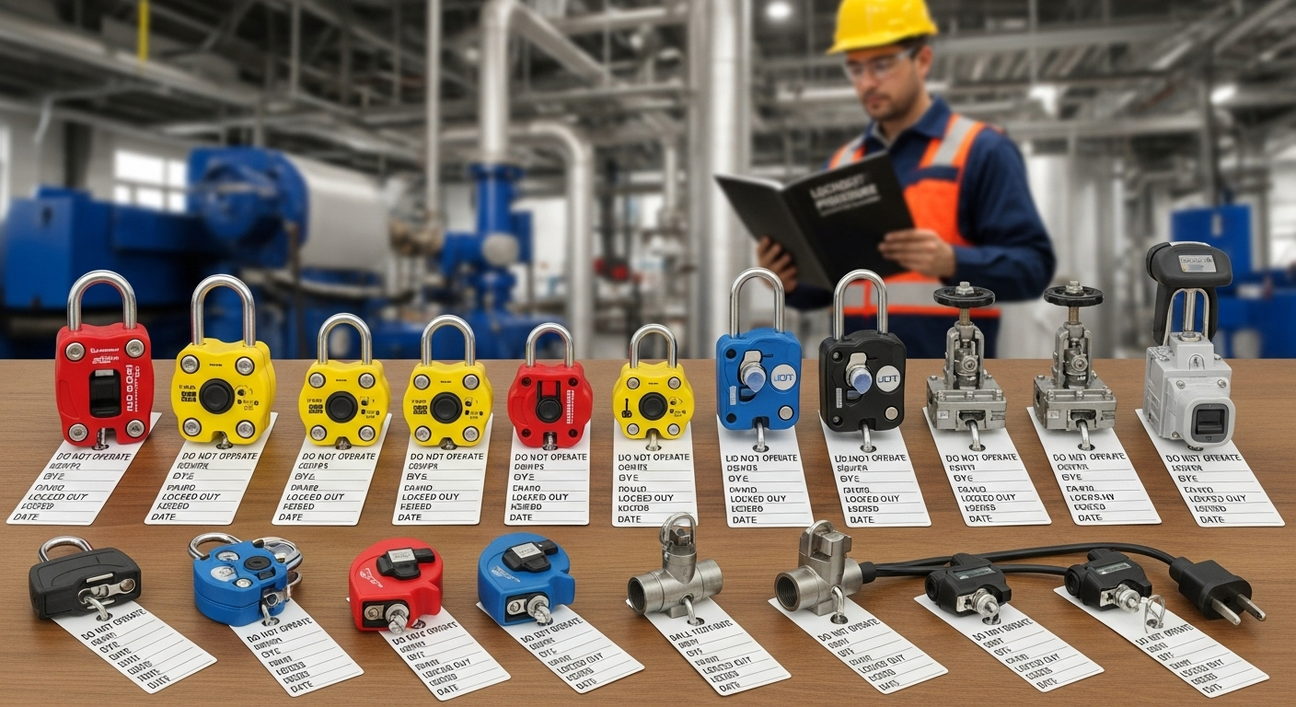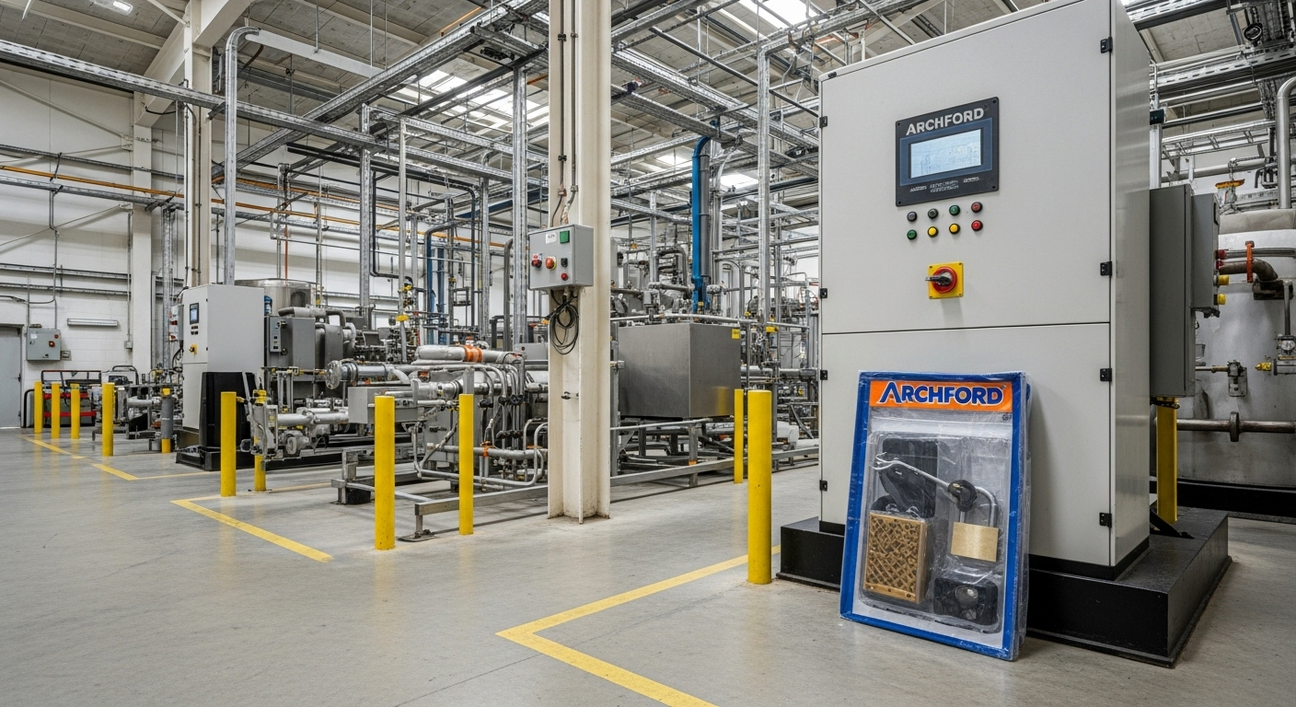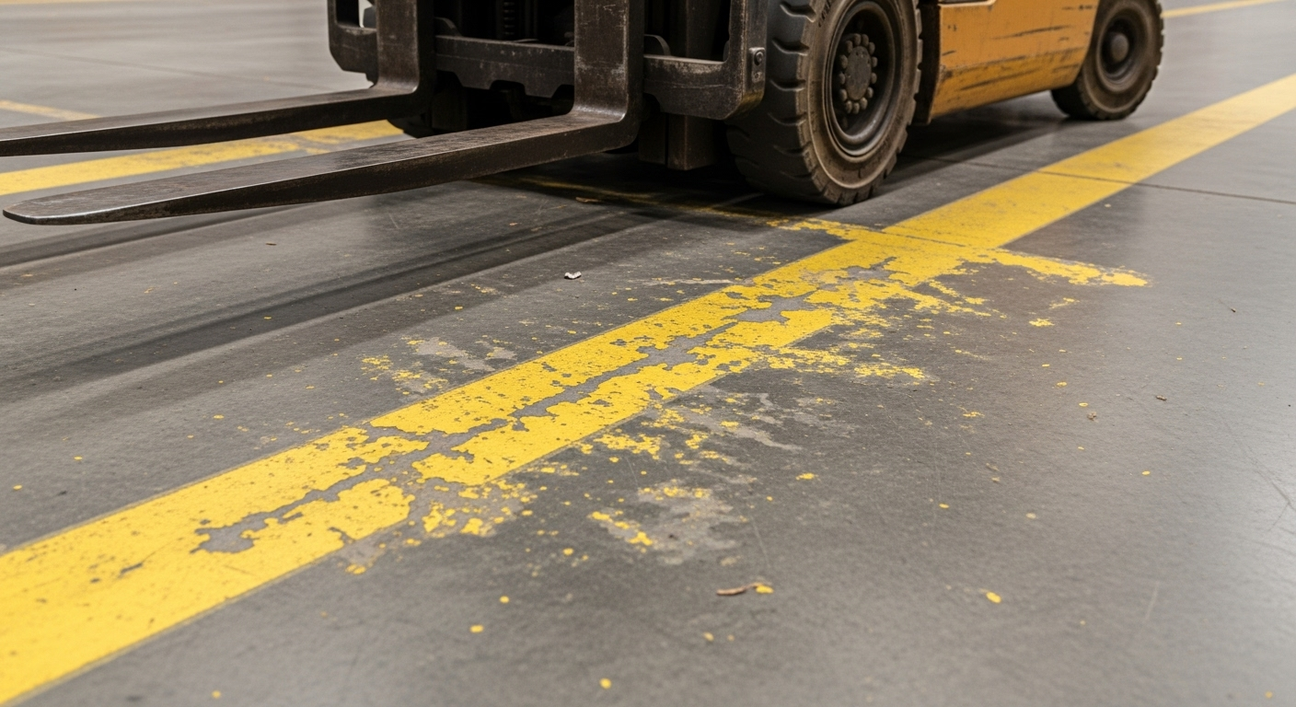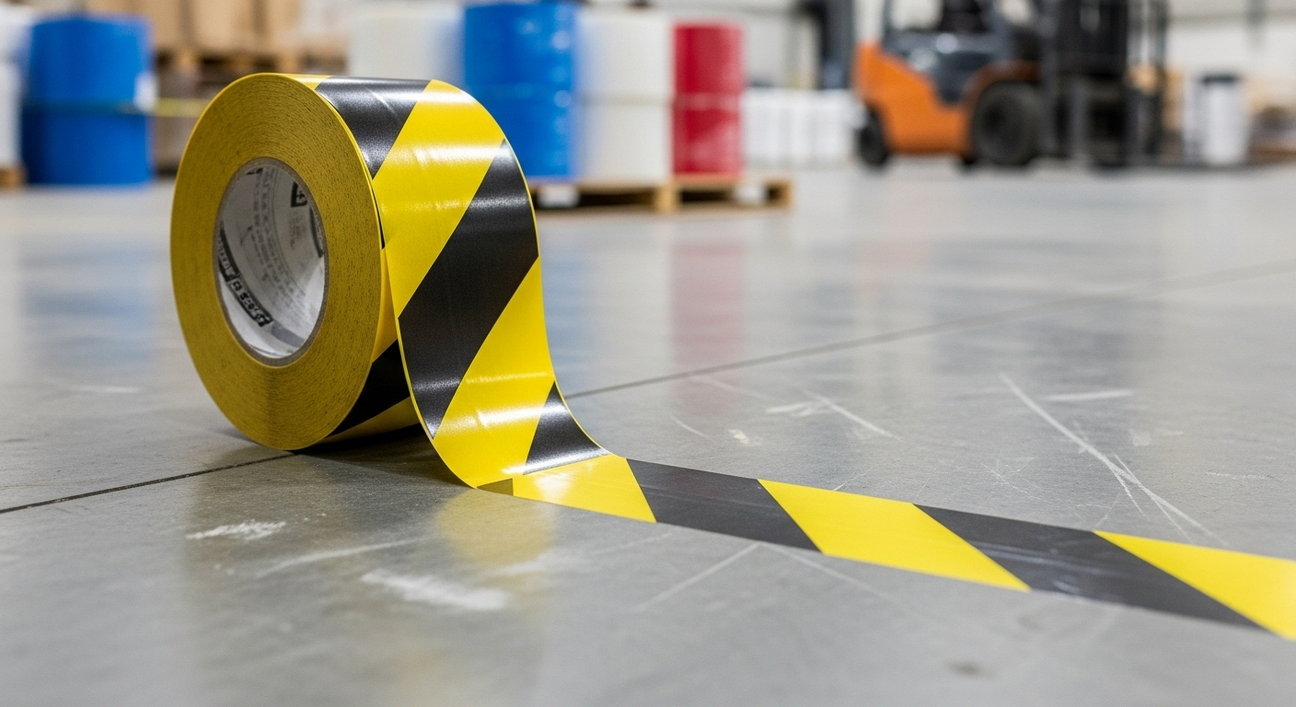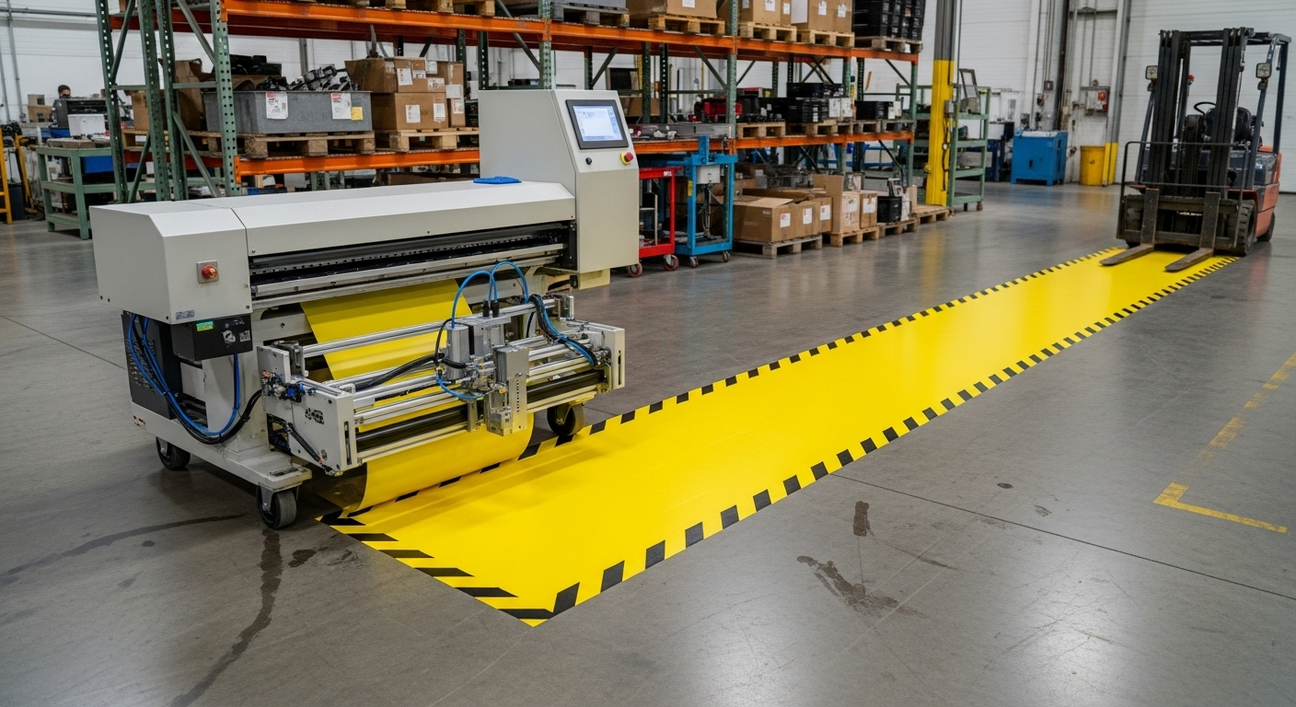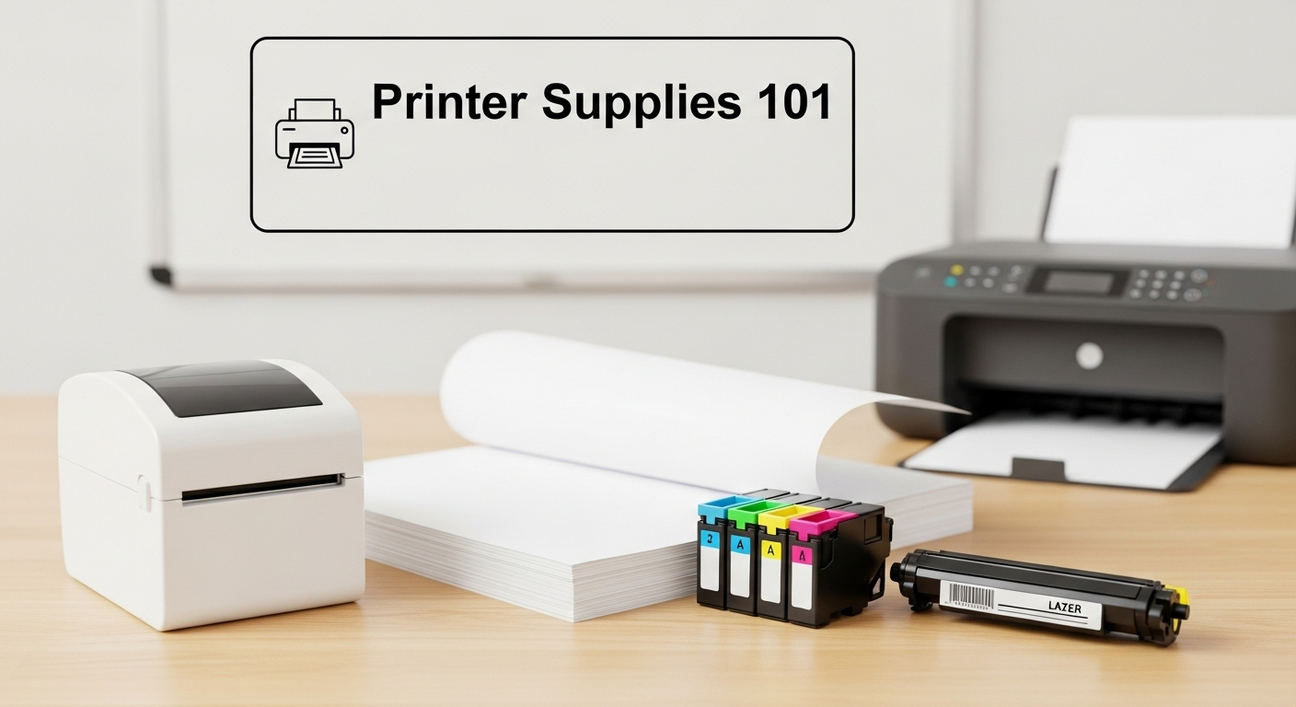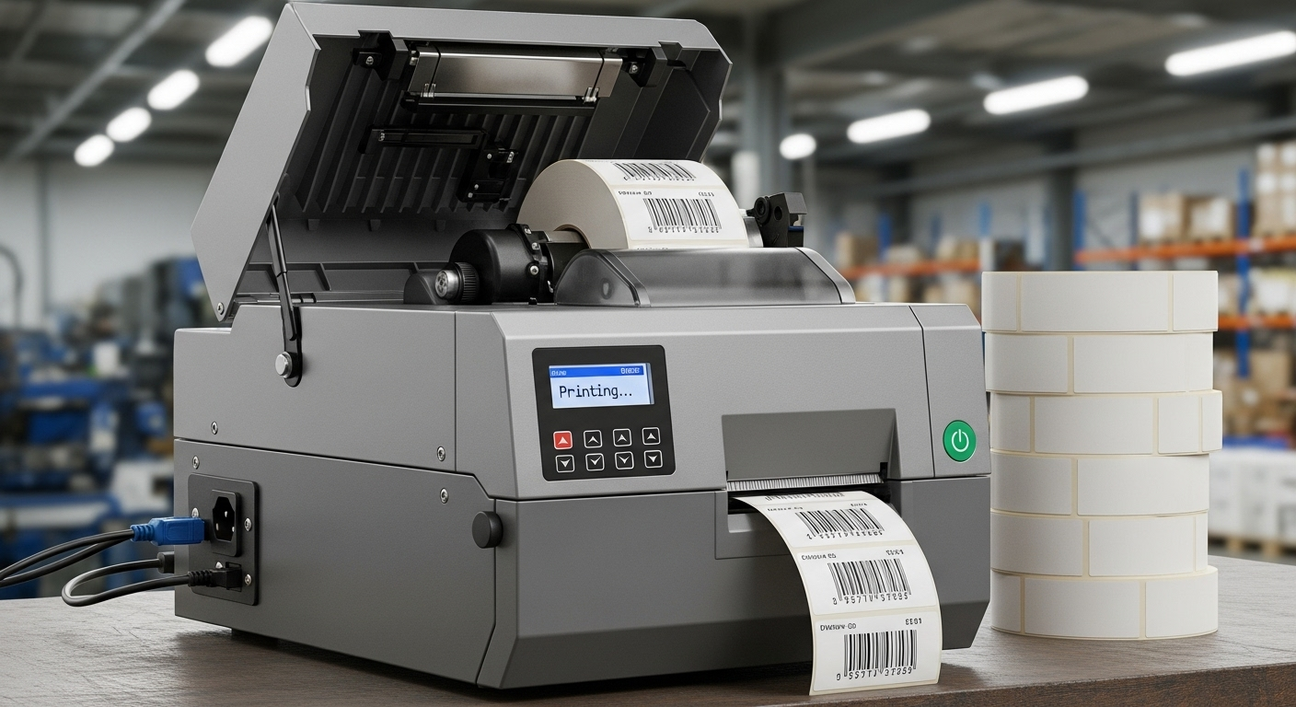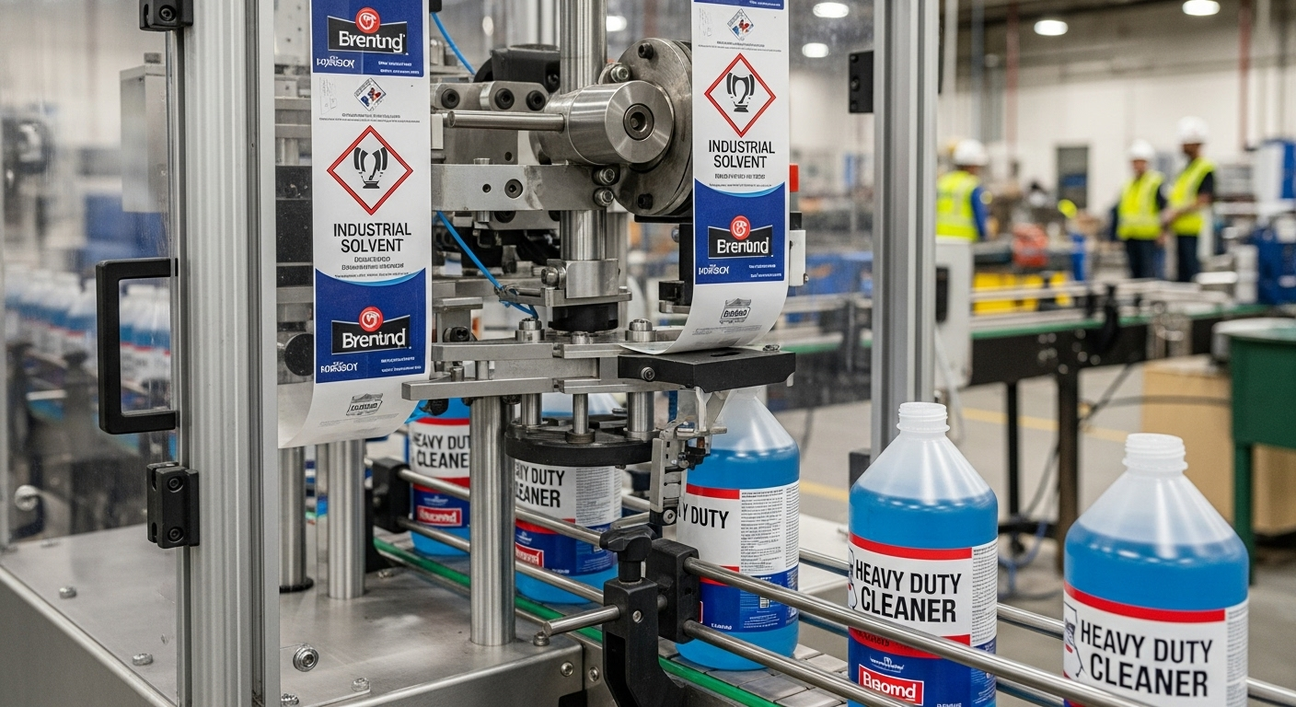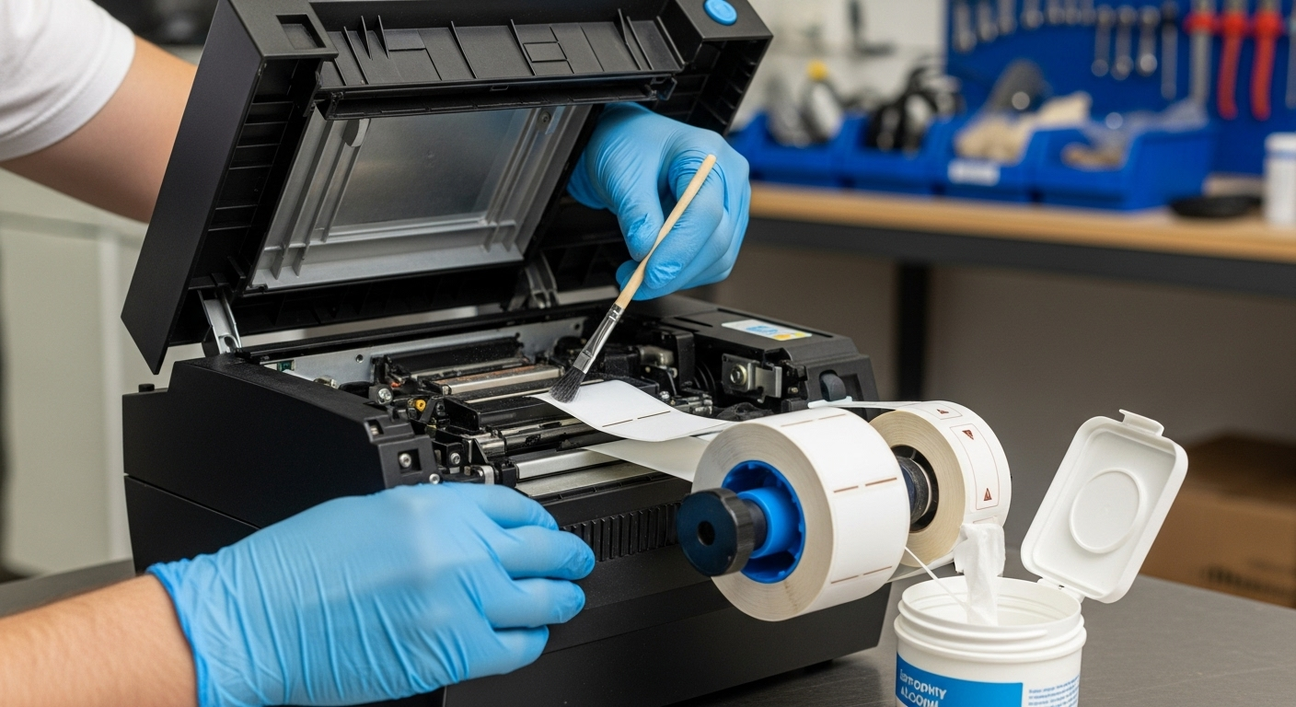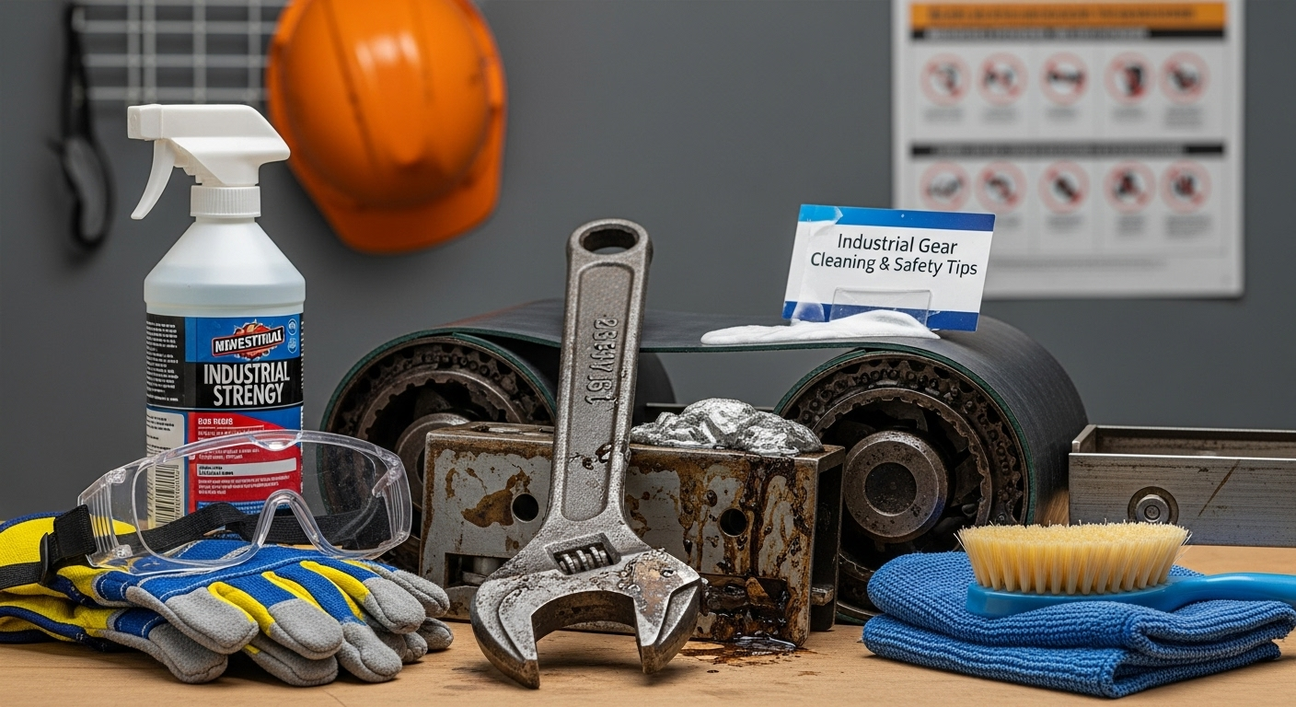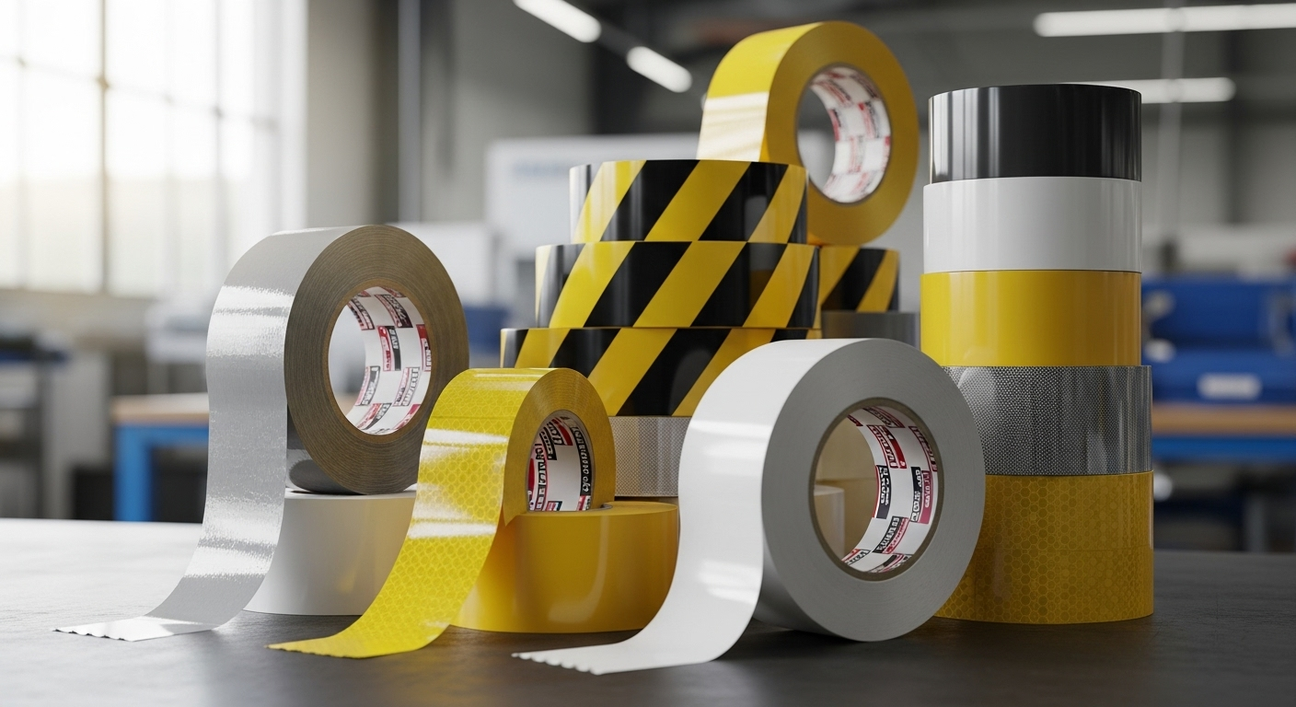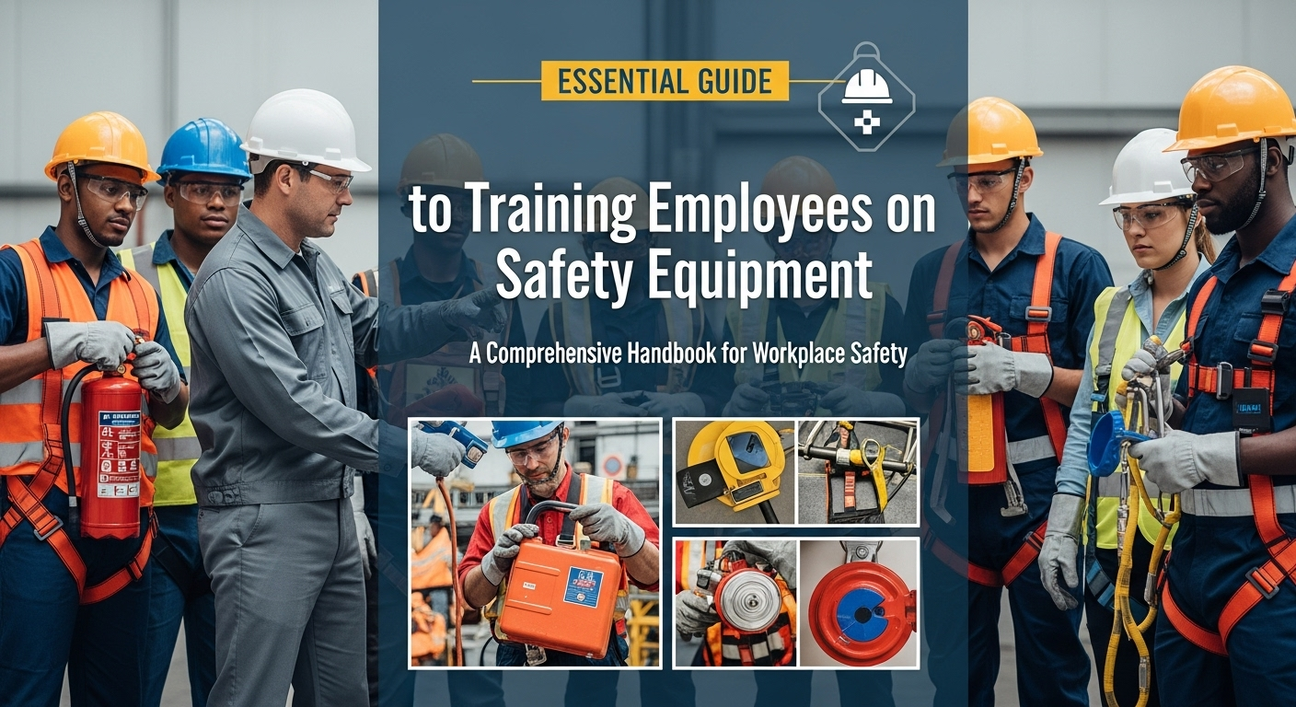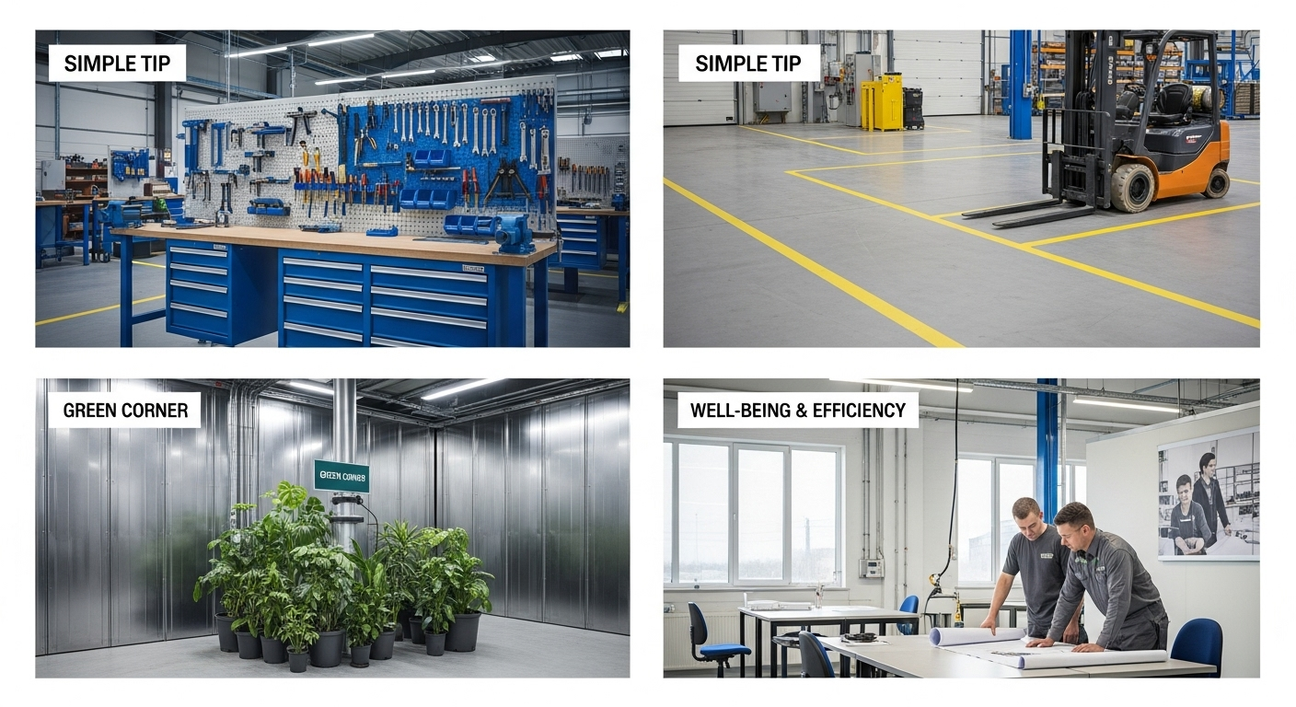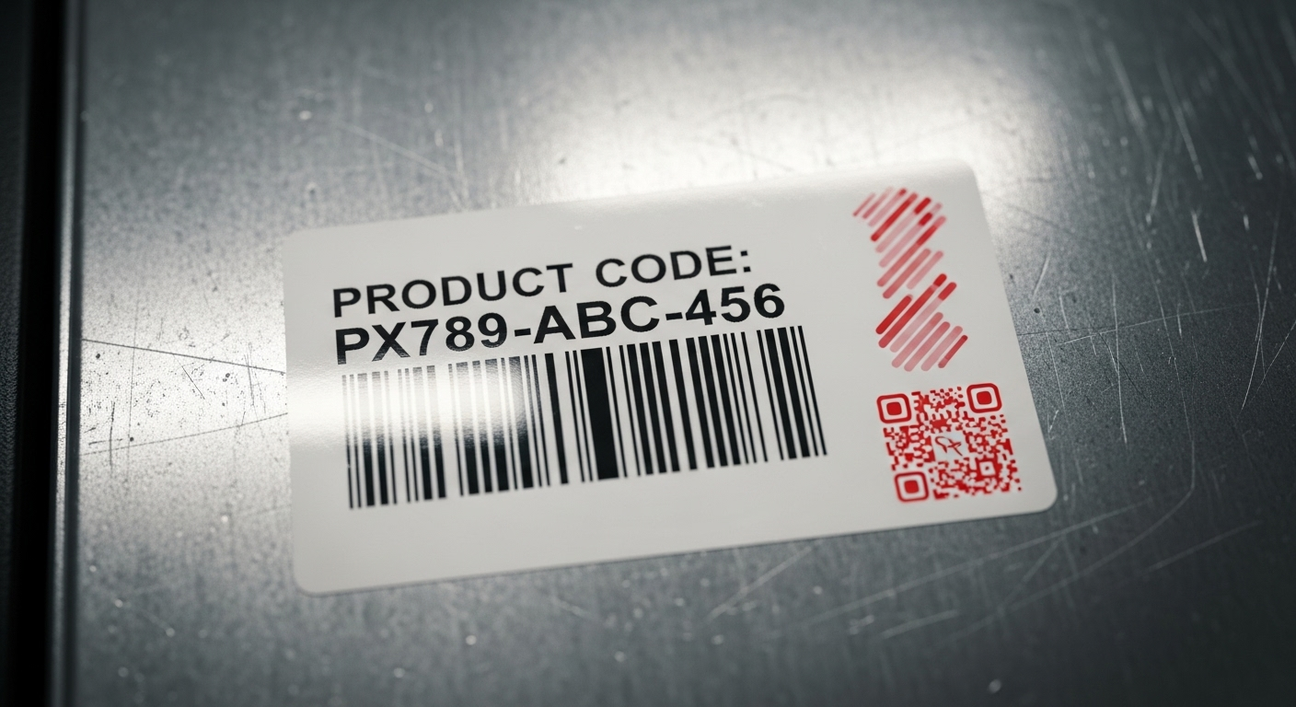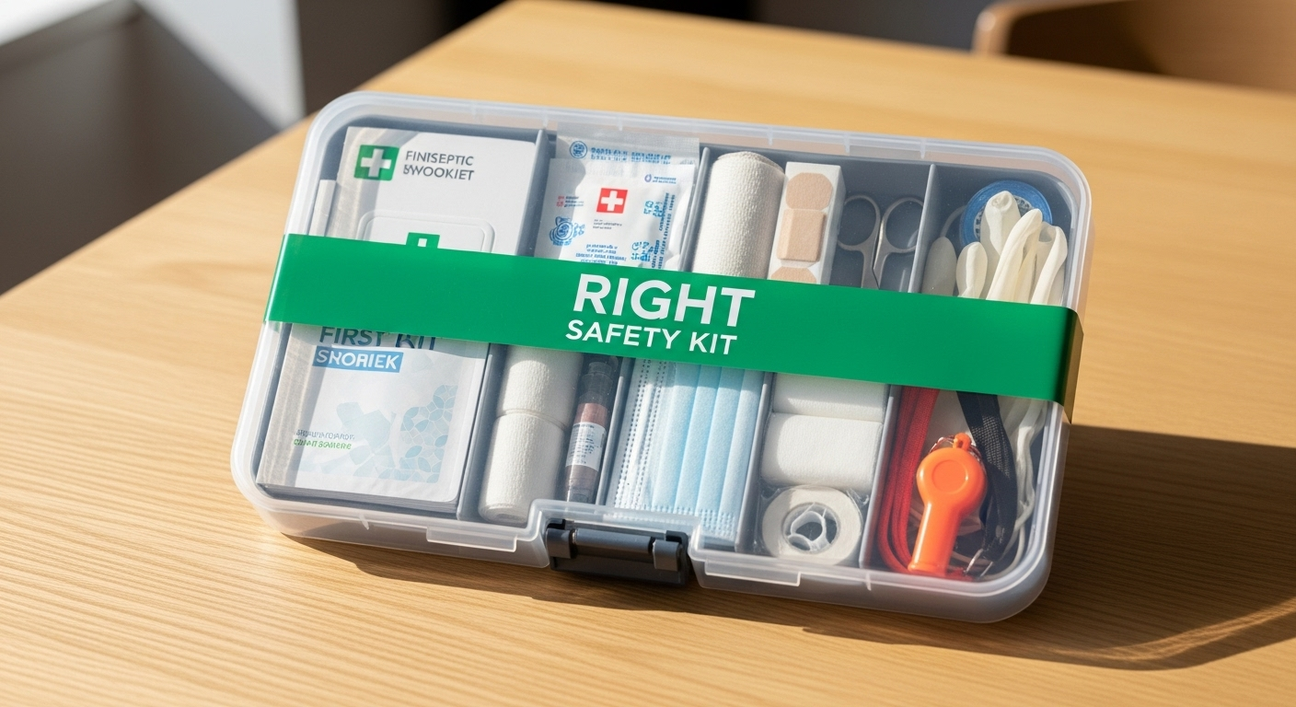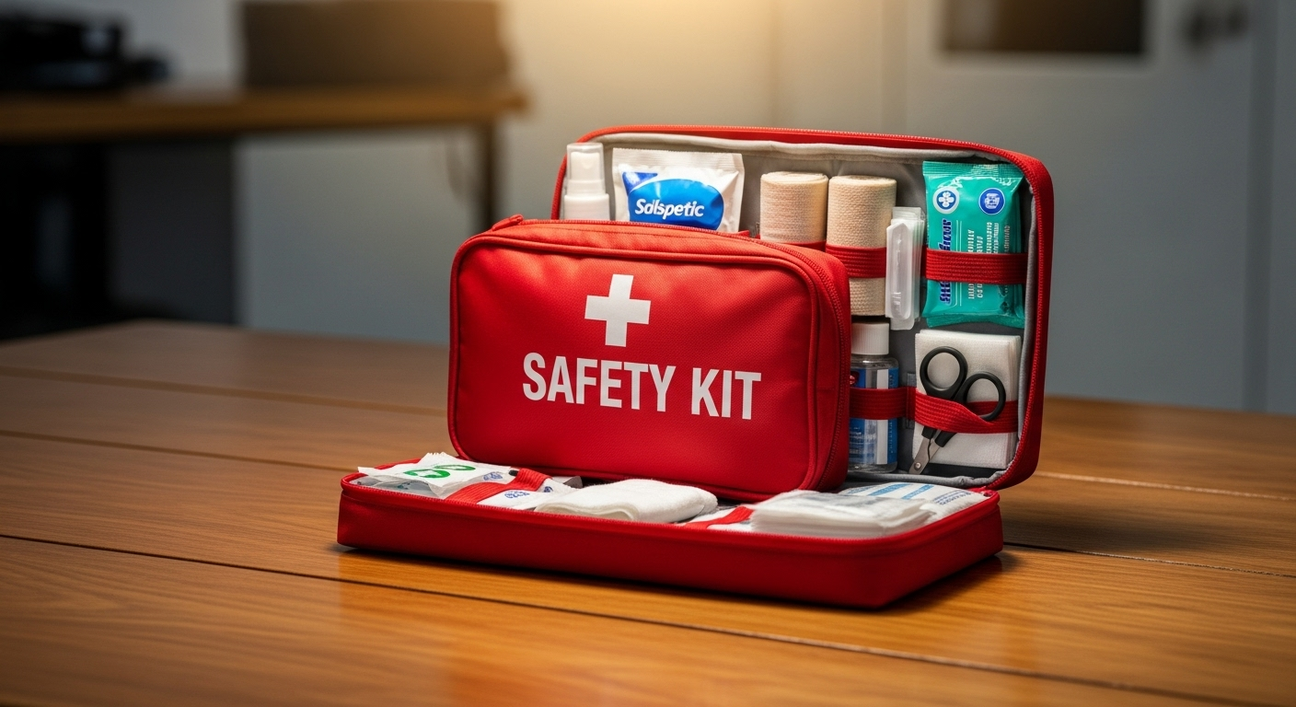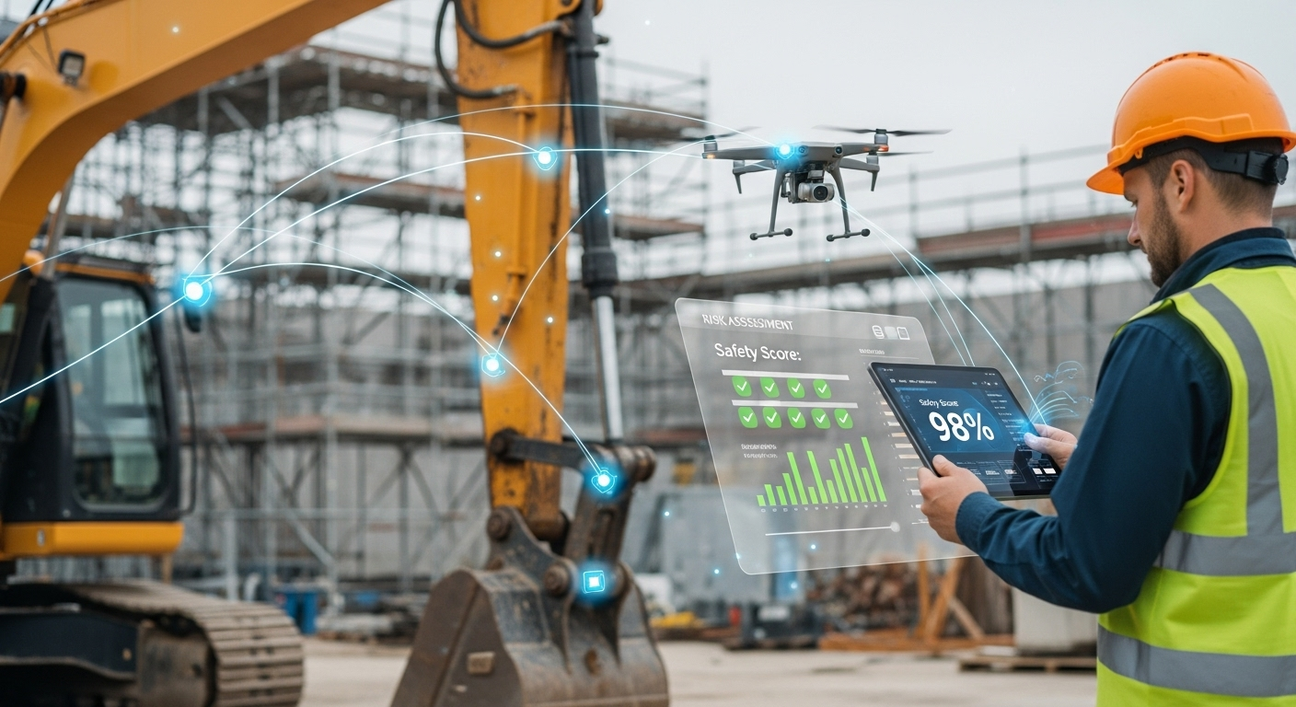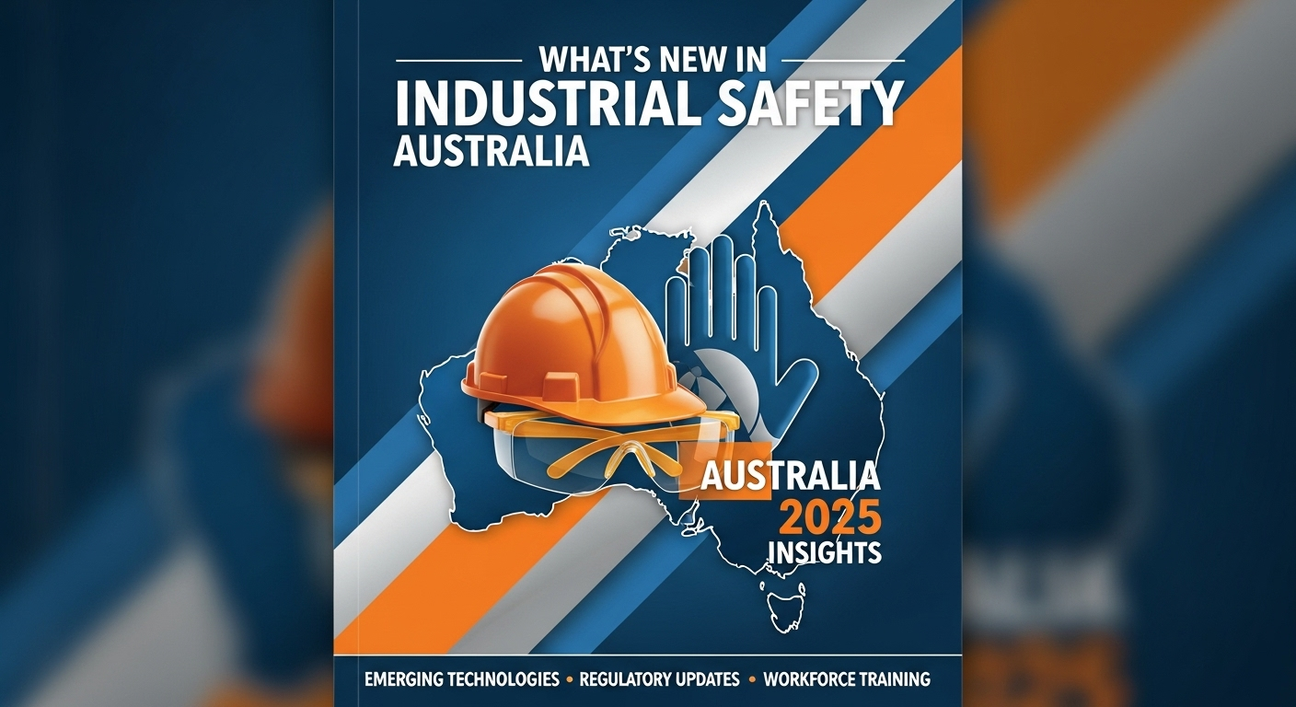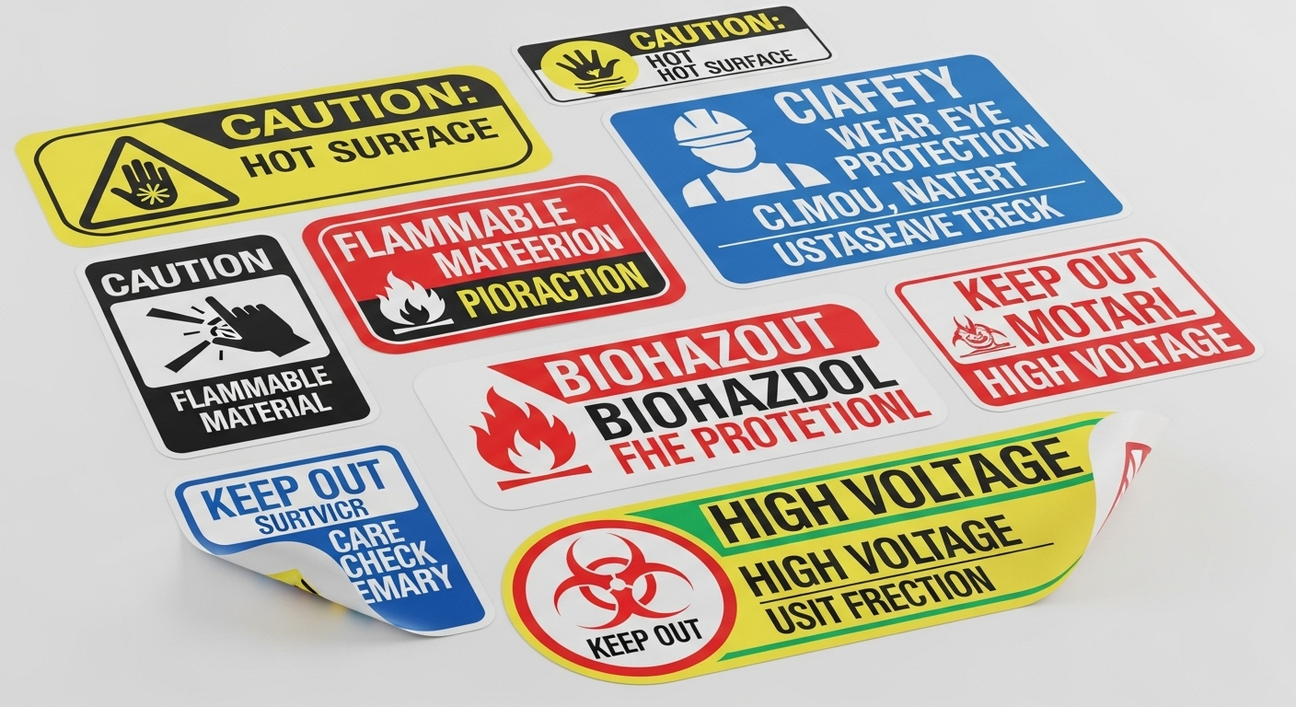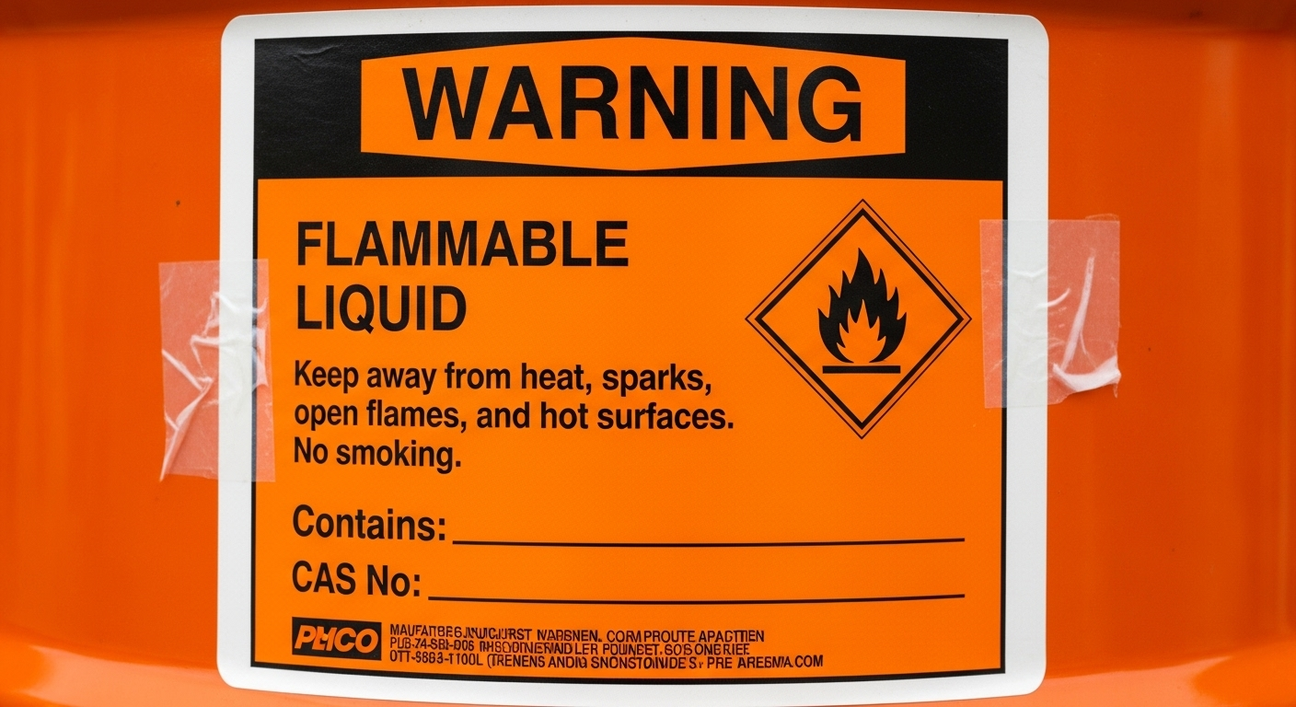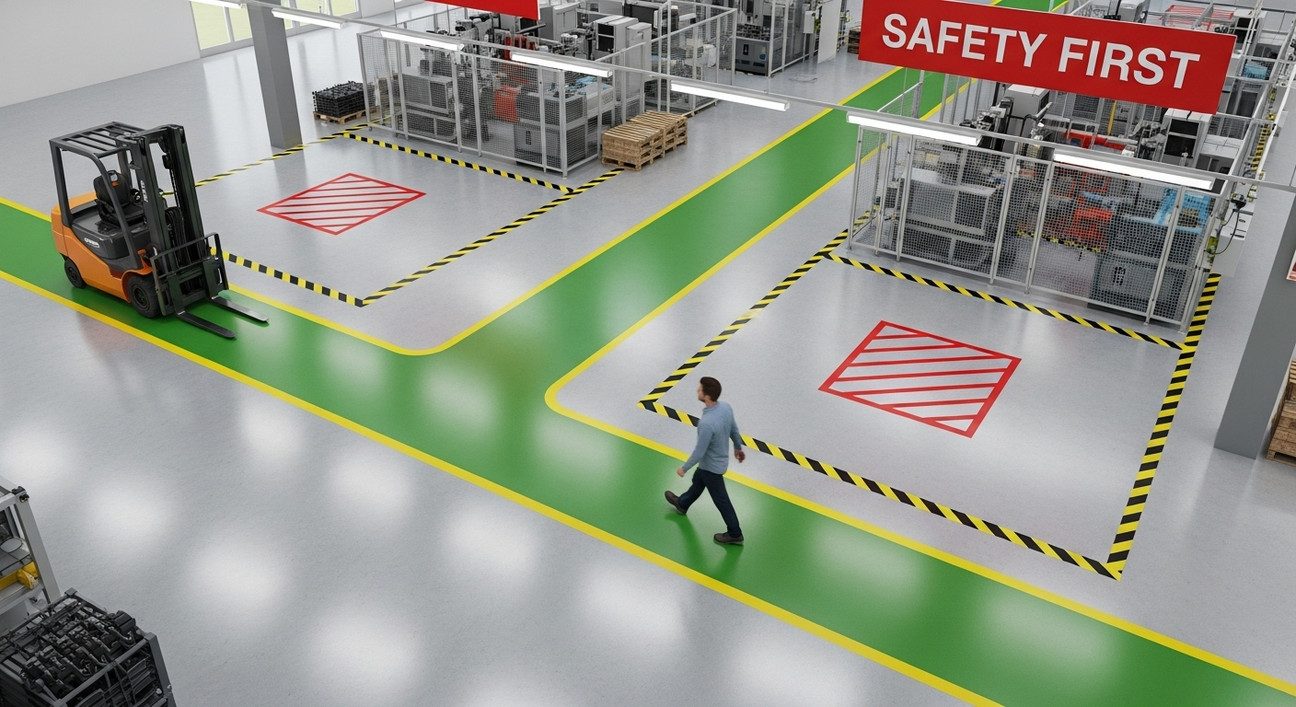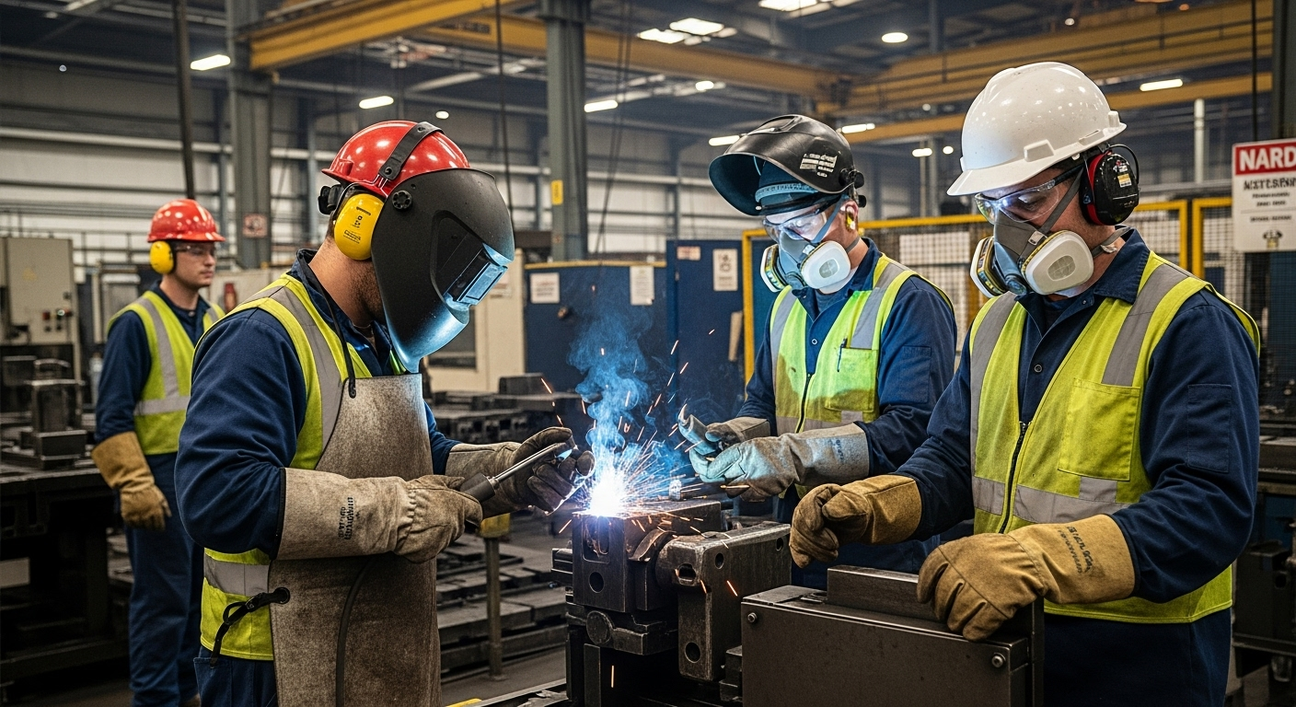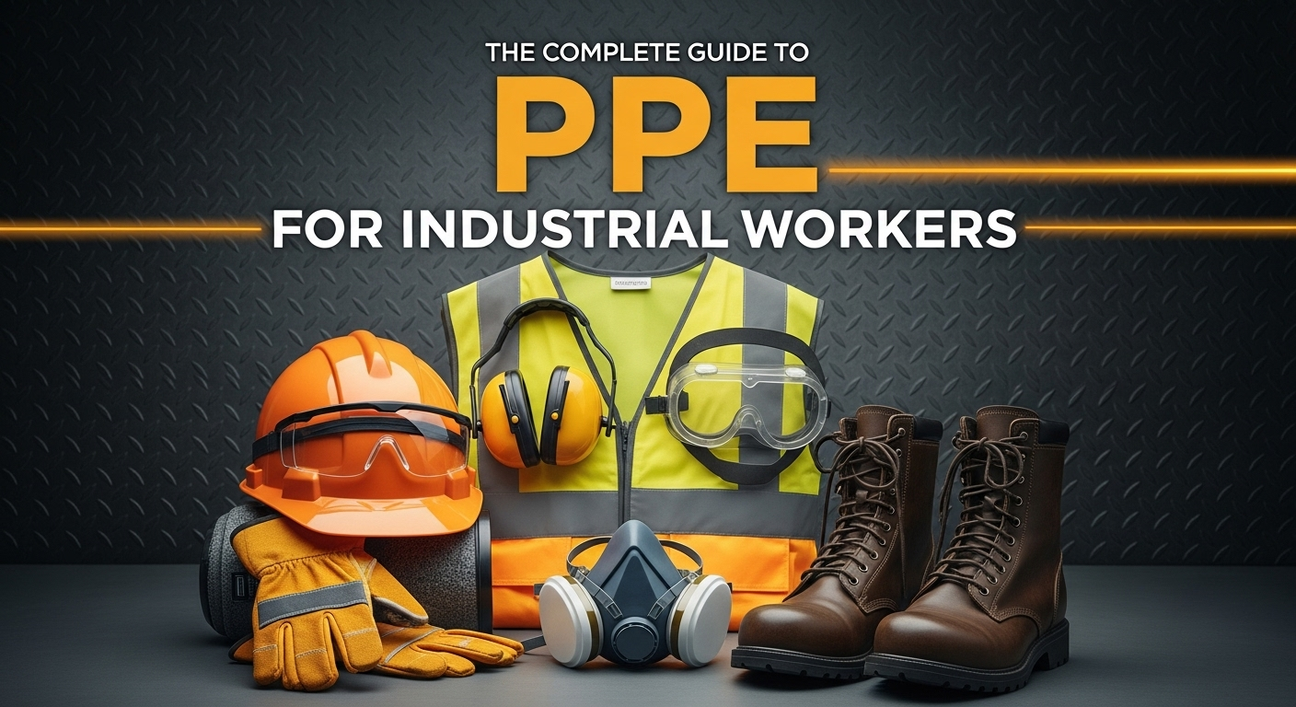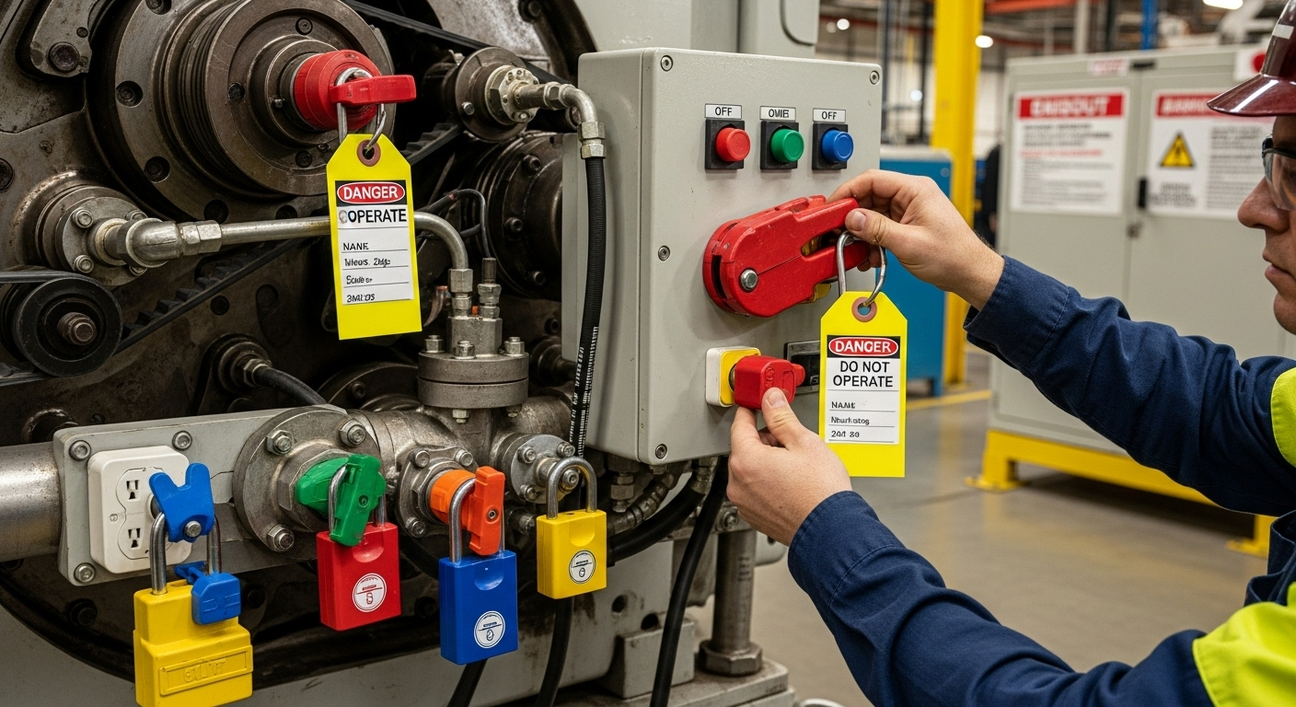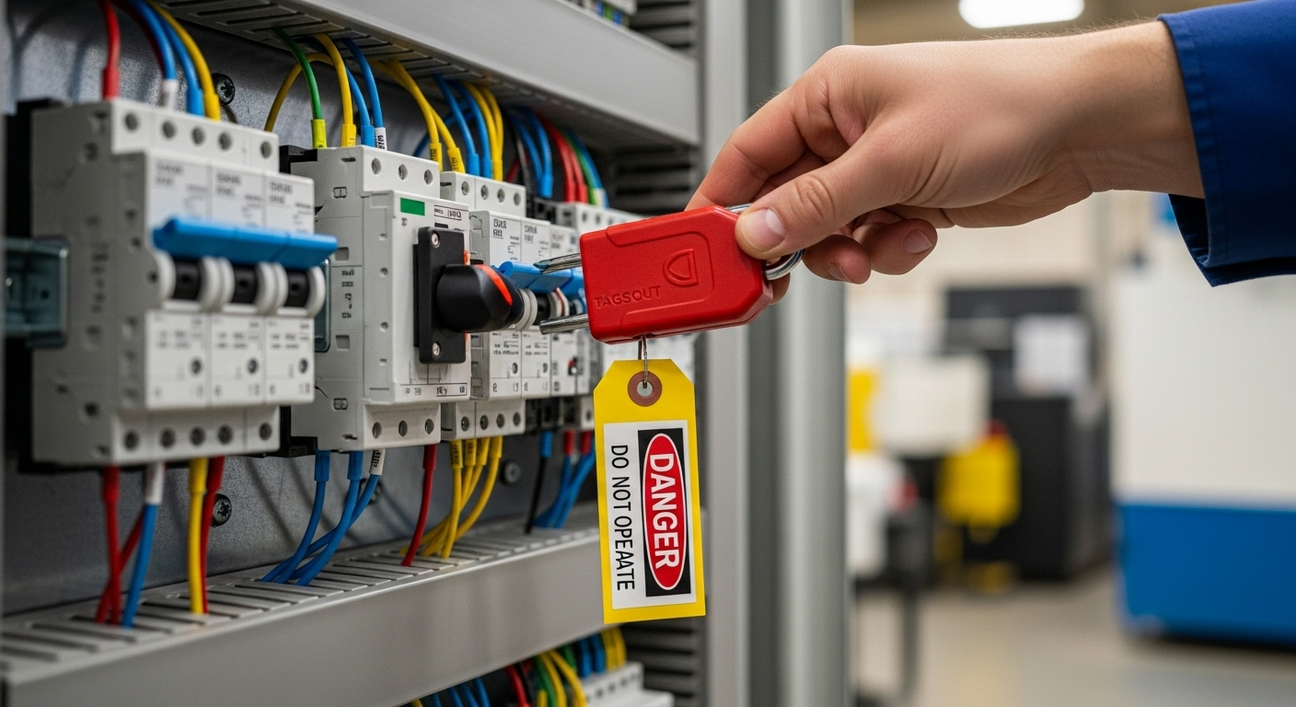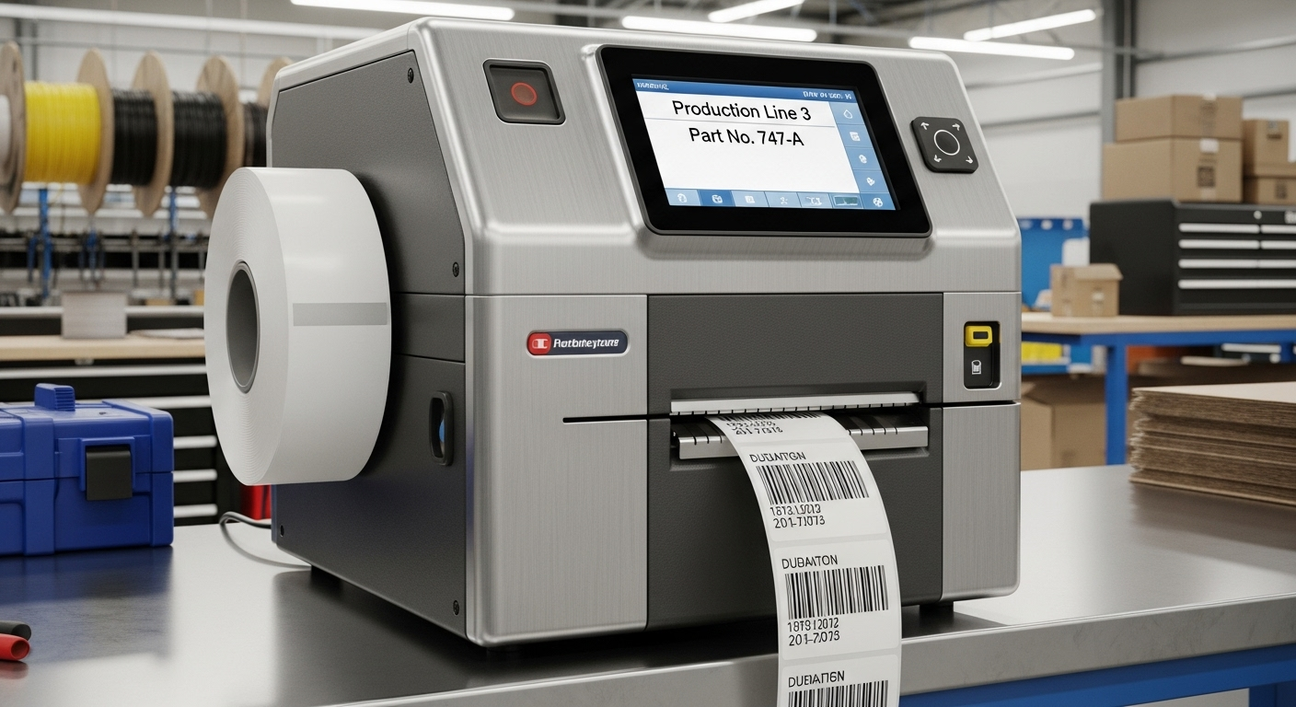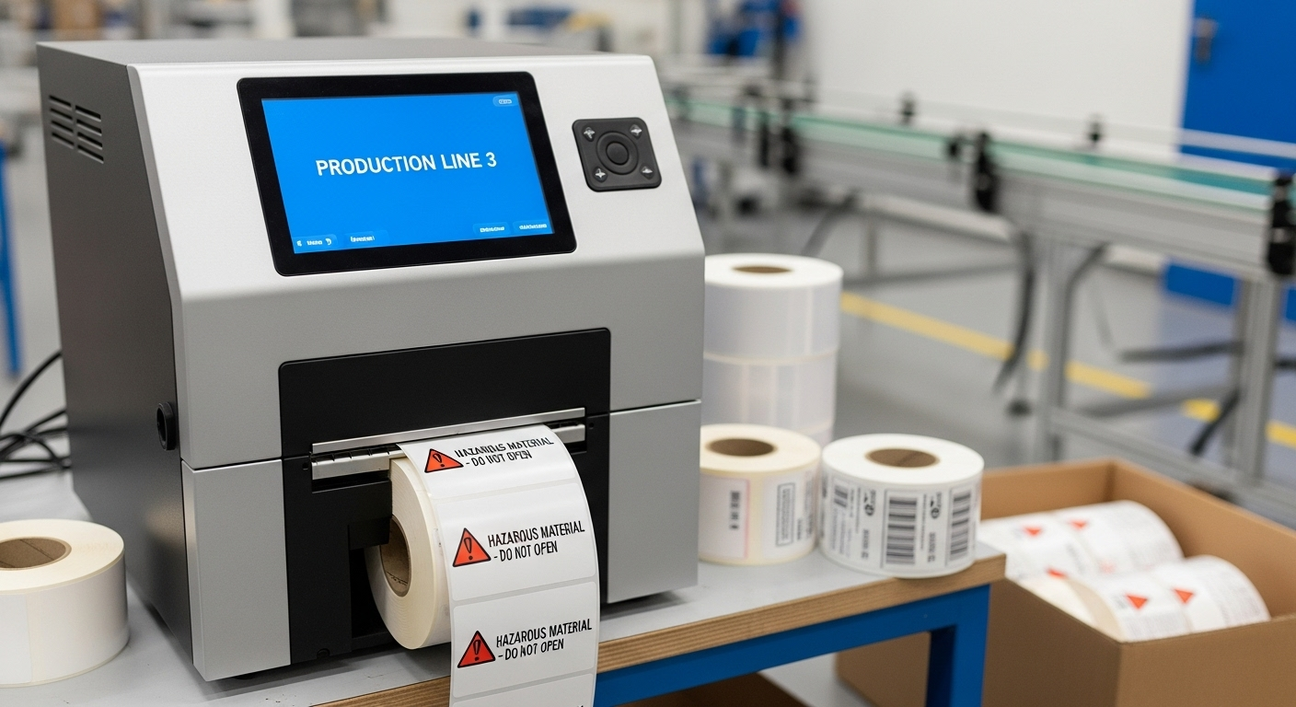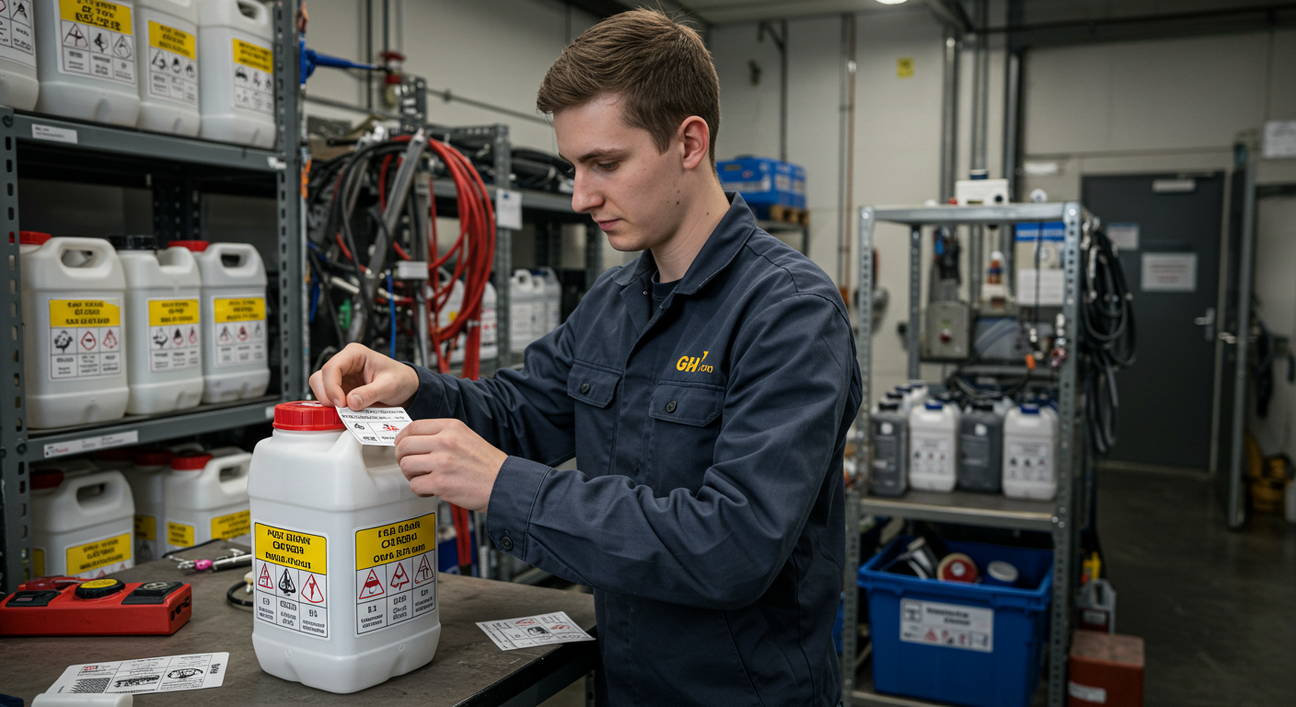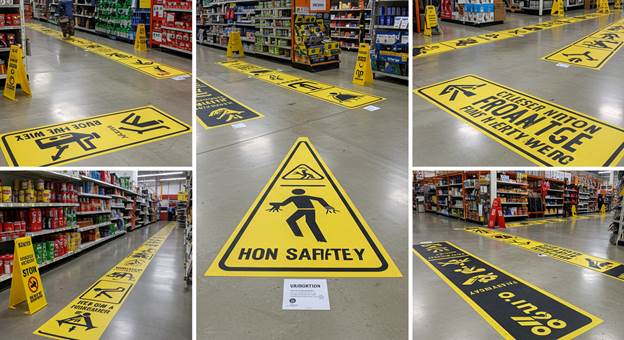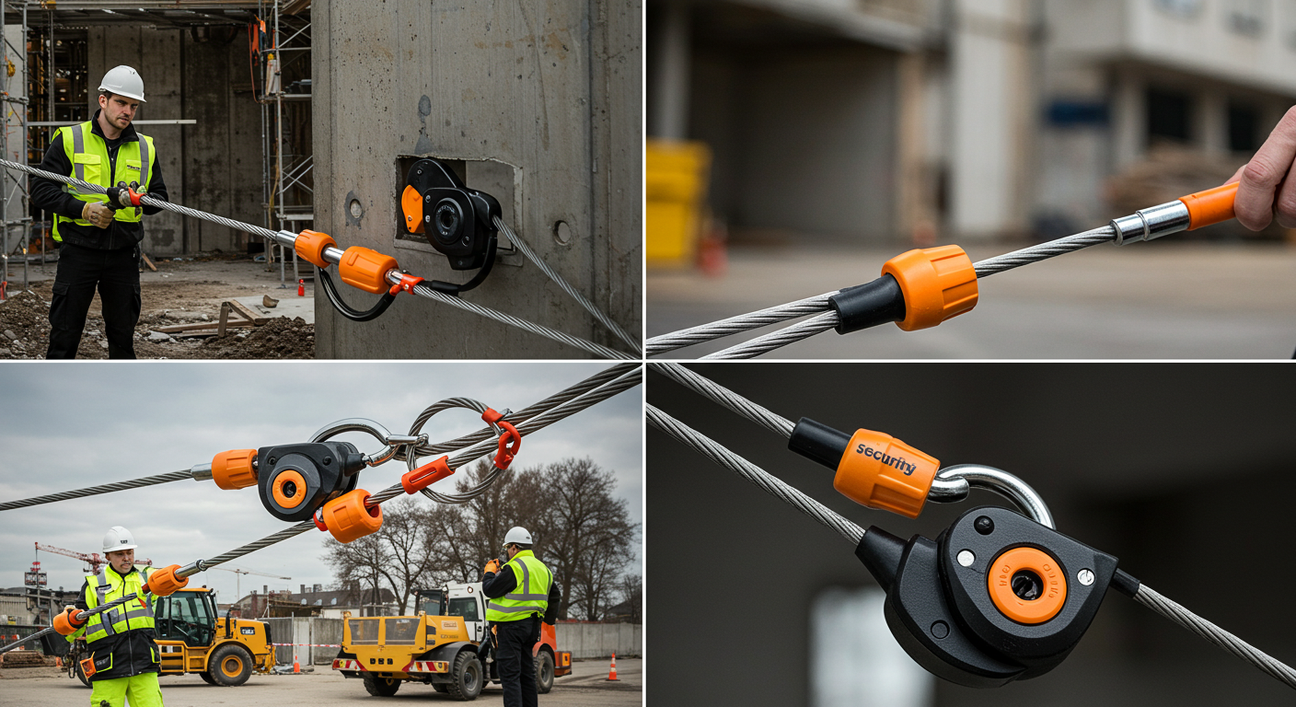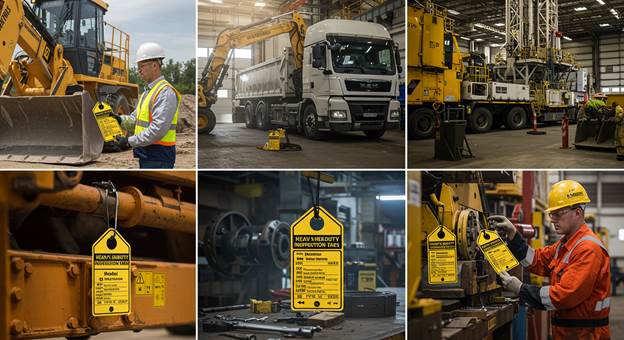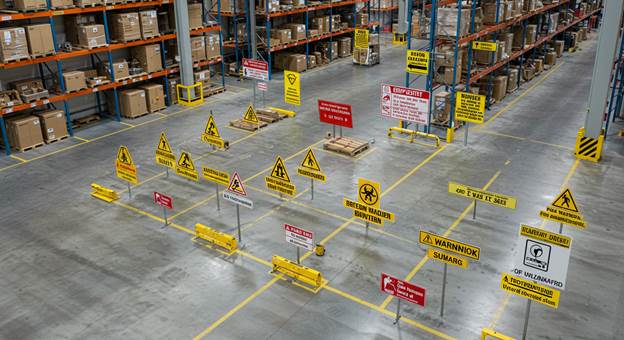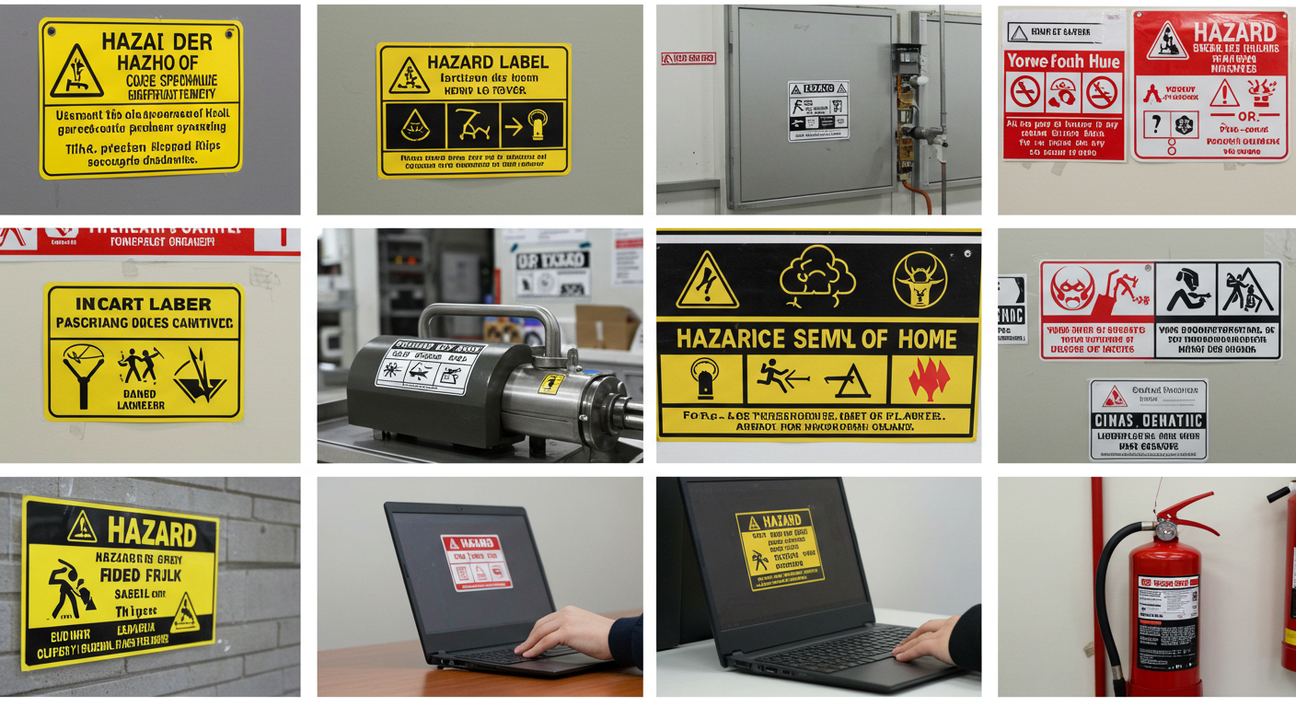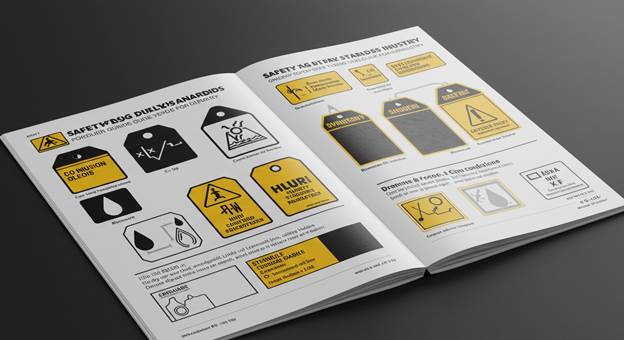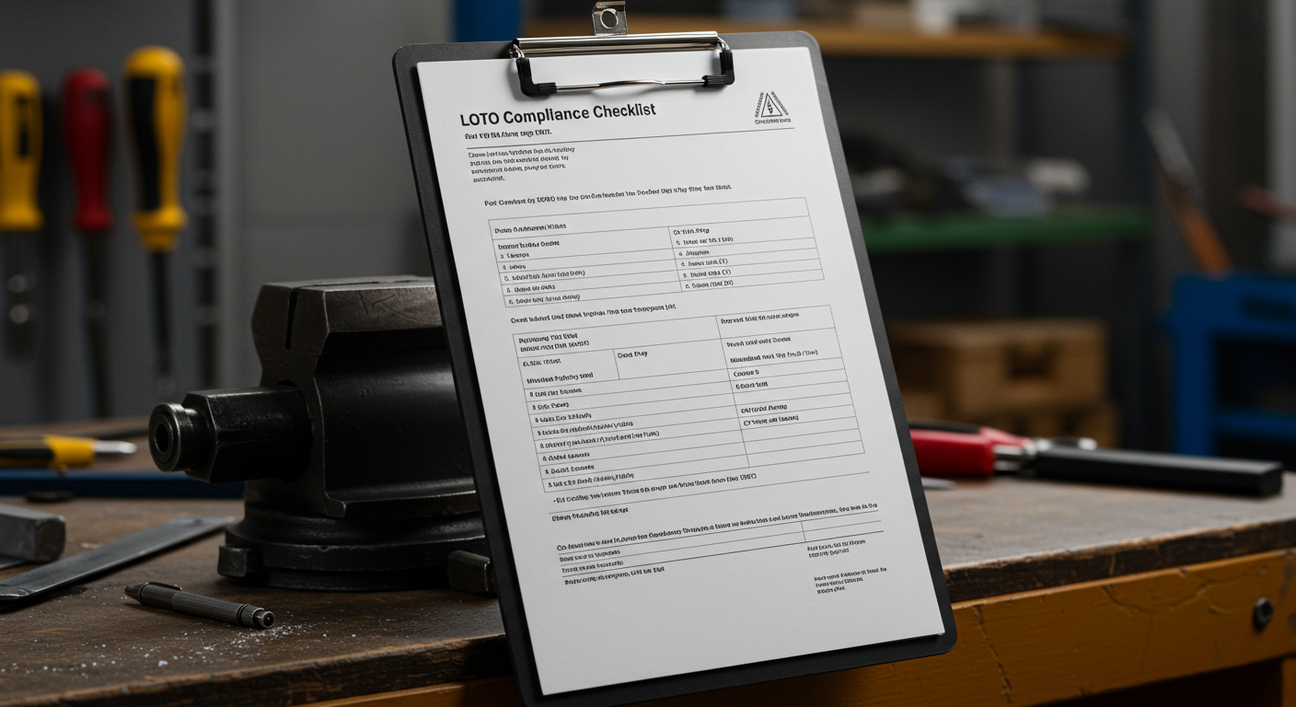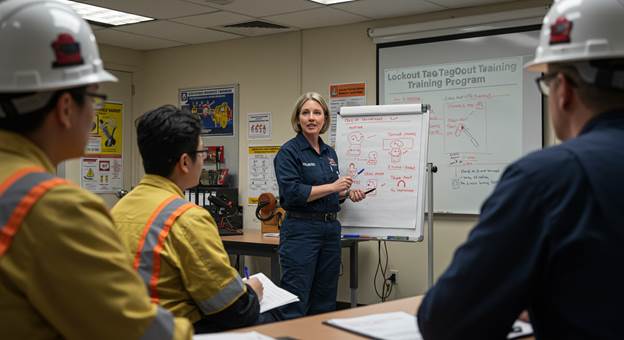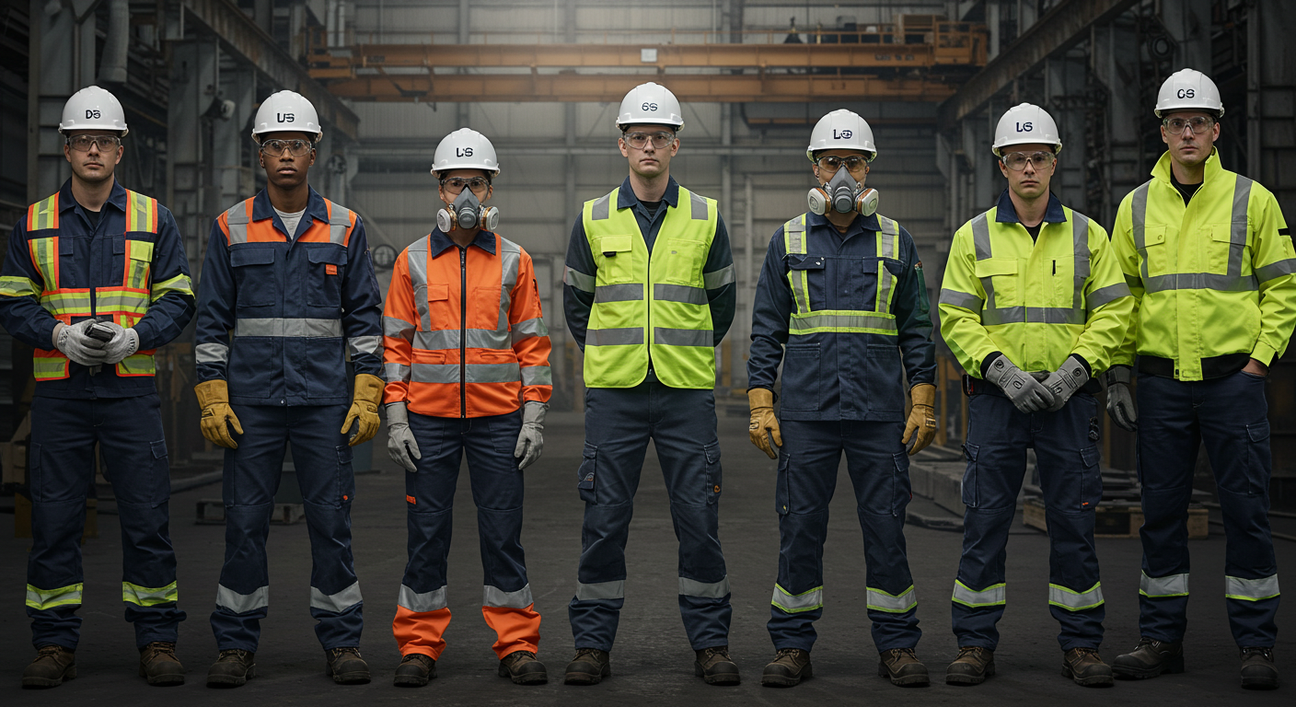The Complete Industrial Barcode Scanner Guide: Everything You Need to Know
In today’s fast-paced industrial world, accuracy and efficiency are key. That’s where industrial barcode scanners come in. These scanners help factories, warehouses, and logistics centers track materials, tools, and products with ease. Whether it’s managing stock, monitoring assets, or boosting safety, barcode scanners have become a core part of industrial operations.
If your business relies on organized workflow and quick data tracking, investing in reliable scanning technology can save time, reduce errors, and improve overall safety.
What Is an Industrial Barcode Scanner?
An industrial barcode scanner is a rugged, heavy-duty version of a regular scanner built to handle tough environments like warehouses, construction sites, and factories. Unlike simple office scanners, these are designed to resist dust, vibration, moisture, and high temperatures.
They can read damaged or faded barcodes, work over longer distances, and connect with multiple systems. These features make them ideal for industries where downtime is costly and precision matters.
Types of Industrial Barcode Scanners
Industrial workplaces use different types of scanners based on their setup and workflow:
Handheld Barcode Scanners: Portable and easy to use. Perfect for workers who move between areas to scan inventory or tools.
Fixed-Mount Barcode Scanners: Installed on production lines or conveyors for continuous scanning. Ideal for automated systems.
Wireless Barcode Scanners: Help workers move freely without cords, improving mobility and speed.
2D and Laser Barcode Scanners: 2D scanners read QR codes and other complex codes, while laser scanners are fast and accurate for standard barcodes.
Each type supports smoother operations depending on the specific industrial need.
How Industrial Barcode Scanners Improve Efficiency
Barcode scanners remove manual errors and speed up repetitive tasks. In a warehouse, for example, scanning barcodes replaces paper logs and manual entries. It helps teams instantly update inventory systems and track product movement in real time.
This technology also supports workplace safety. When linked with maintenance or PPE records, scanners can verify whether safety gear is in use or if equipment is due for inspection. This small step helps businesses avoid risks and comply with safety rules.
Choosing the Right Barcode Scanner for Your Workplace
When selecting a barcode scanner, the environment and use case matter the most. Think about:
Work conditions: Dusty, wet, or hot areas need rugged scanners.
Scanning distance: Some scanners read from close range, while others reach several meters.
Connectivity: Bluetooth or Wi-Fi scanners improve speed in large warehouses.
Label type: Choose scanners that can read both 1D and 2D codes.
Cost is another factor. While high-end scanners might seem expensive, they reduce maintenance costs and last longer, making them a smart investment for industrial use.
Barcode Labels and Printing: Getting It Right

Even the best scanner can fail if labels are poor. That’s why high-quality adhesive labels and durable label materials are essential. Vinyl, polyester, and laminated labels are the most reliable options for harsh environments.
For long-lasting labels, use fade-resistant inks and proper lamination. Label placement also matters — always stick them on clean, flat surfaces to prevent scanning issues.
Following these industrial labeling tips helps improve label longevity, reducing downtime and keeping data consistent across your system.
Common Problems and Maintenance Tips
Like all industrial tools, barcode scanners need regular care. Here are a few common lockout safety errors businesses make when maintaining scanners:
Ignoring dust or debris buildup on the lens
Using weak batteries that affect wireless signal
Failing to clean the scanning window regularly
Delaying firmware updates
To avoid downtime, follow a simple routine: clean the scanner weekly, check calibration, and store it safely when not in use. Proper maintenance ensures long-term performance and fewer interruptions.
Integrating Barcode Scanners with Industrial Systems
Barcode scanners aren’t just for inventory anymore. When linked with industrial systems, they boost safety and efficiency together.
For example, factories use scanners to track tool usage, confirm machine servicing, and manage workplace PPE. Scanners can automatically log when safety gear is checked in or replaced, ensuring industrial safety compliance.
Integration also connects scanners with enterprise systems, making it easy for managers to monitor productivity, track materials, and improve decision-making.
Future of Industrial Barcode Scanners
The next generation of scanners focuses on smart technology. AI-powered scanners can now detect damaged codes, auto-correct errors, and send instant reports to the cloud.
Safety automation and industrial safety tech are evolving quickly, combining barcode systems with real-time monitoring. This allows teams to identify missing materials, misplaced items, or expired products instantly.
Smart scanners will soon include features like voice feedback, wireless charging, and IoT connectivity — all designed to improve safety and productivity.
Final Thoughts

Barcode scanners have come a long way from simple retail tools. Today, they’re key to maintaining industrial safety, accuracy, and compliance in every workplace. Investing in a durable, well-integrated barcode system means less downtime, better organization, and a safer work environment.
For Australian industries focused on efficiency and safety, upgrading to reliable industrial barcode scanners is one of the smartest steps you can take toward a more organized and risk-free workplace.
To equip your business with the latest in workplace safety and compliance gear, contact Archford today and explore our range of innovative safety products built for the future of Australian industry.
FAQs
What makes industrial barcode scanners different?
They’re built to handle extreme conditions, like heat, dust, and vibrations, making them more reliable than standard scanners.
How do barcode scanners help with workplace safety?
They track tools, PPE, and maintenance records to make sure everything meets safety standards.
What’s the best material for industrial barcode labels?
Vinyl or laminated polyester labels are best for long-term durability and clear scanning.
How often should barcode scanners be cleaned?
Once a week is ideal, but in heavy-use environments, clean them daily to avoid scanning issues.
Can barcode scanners work with warehouse software?
Yes, most scanners integrate easily with ERP and warehouse management systems for real-time data updates.

